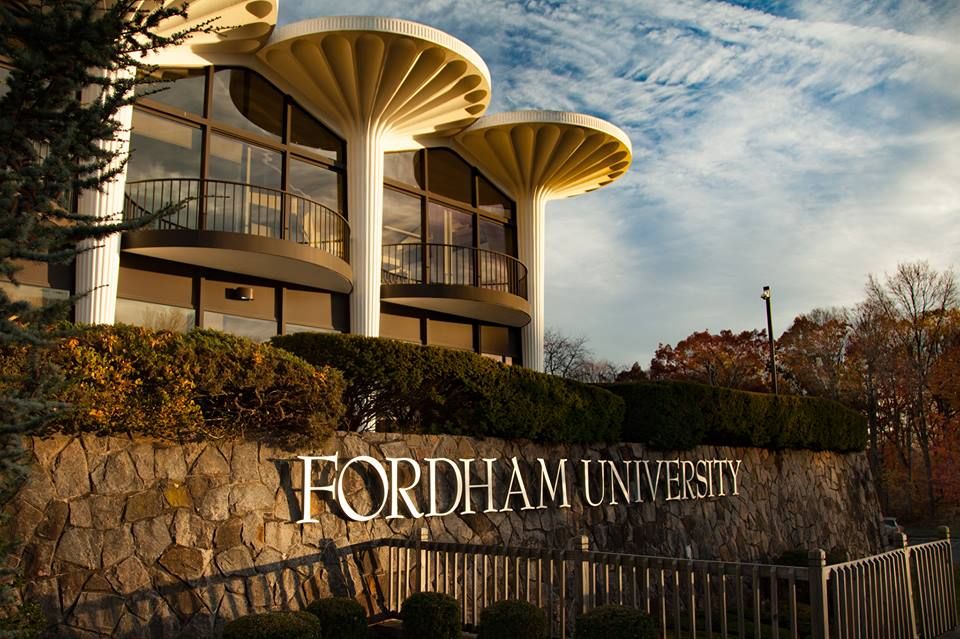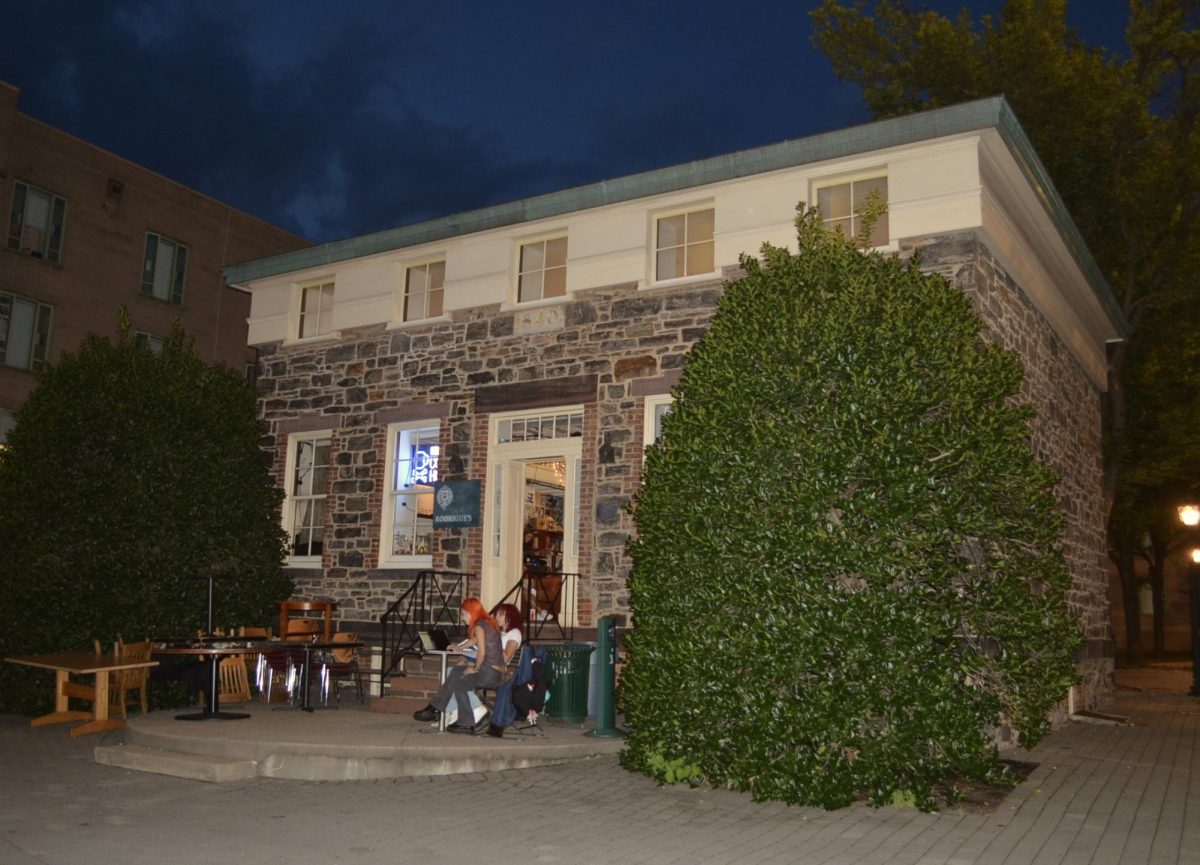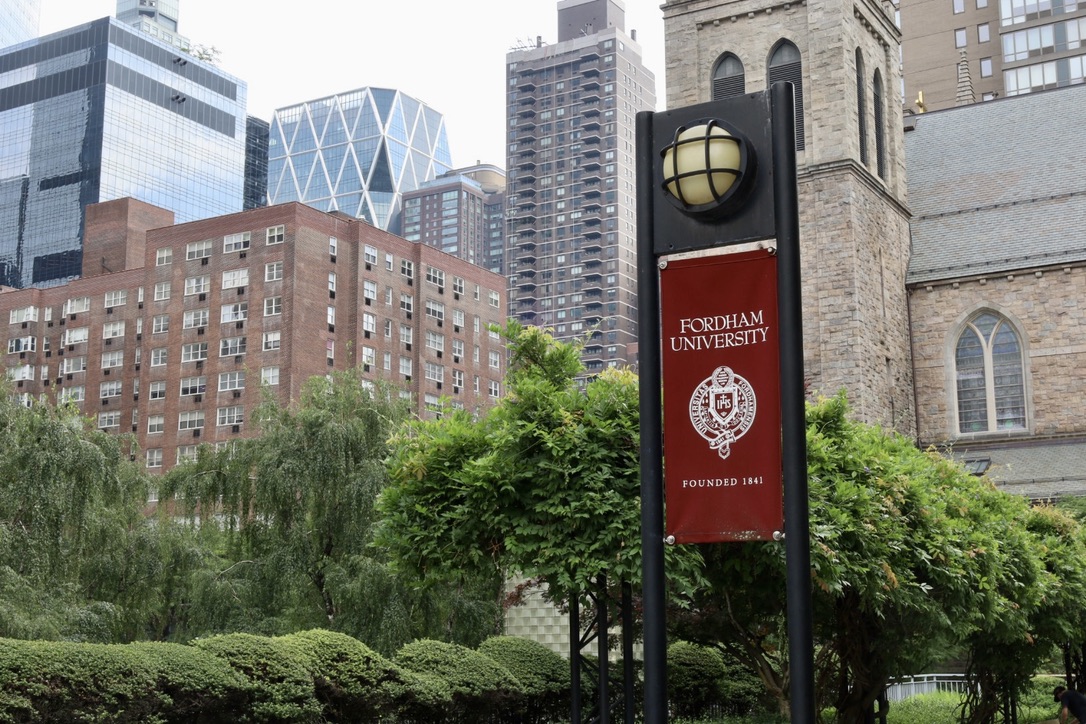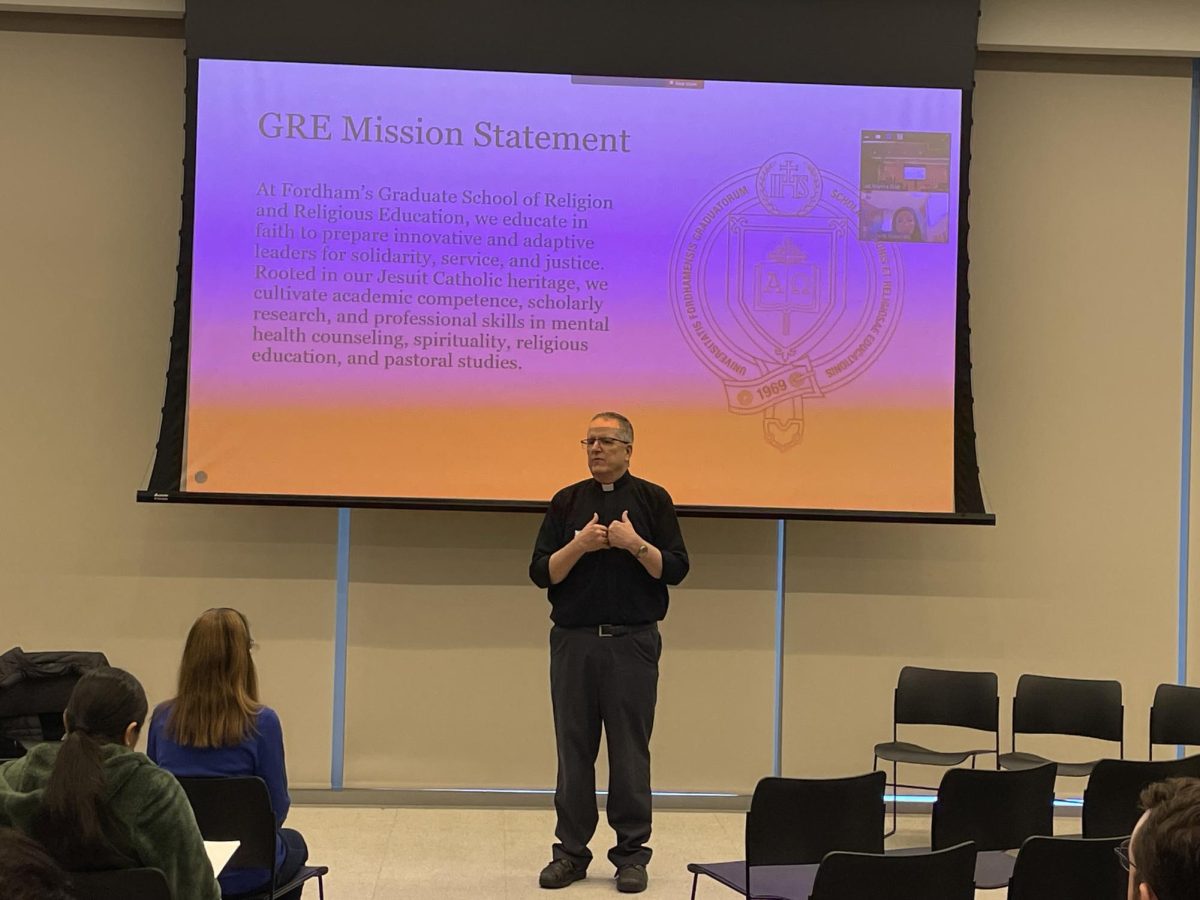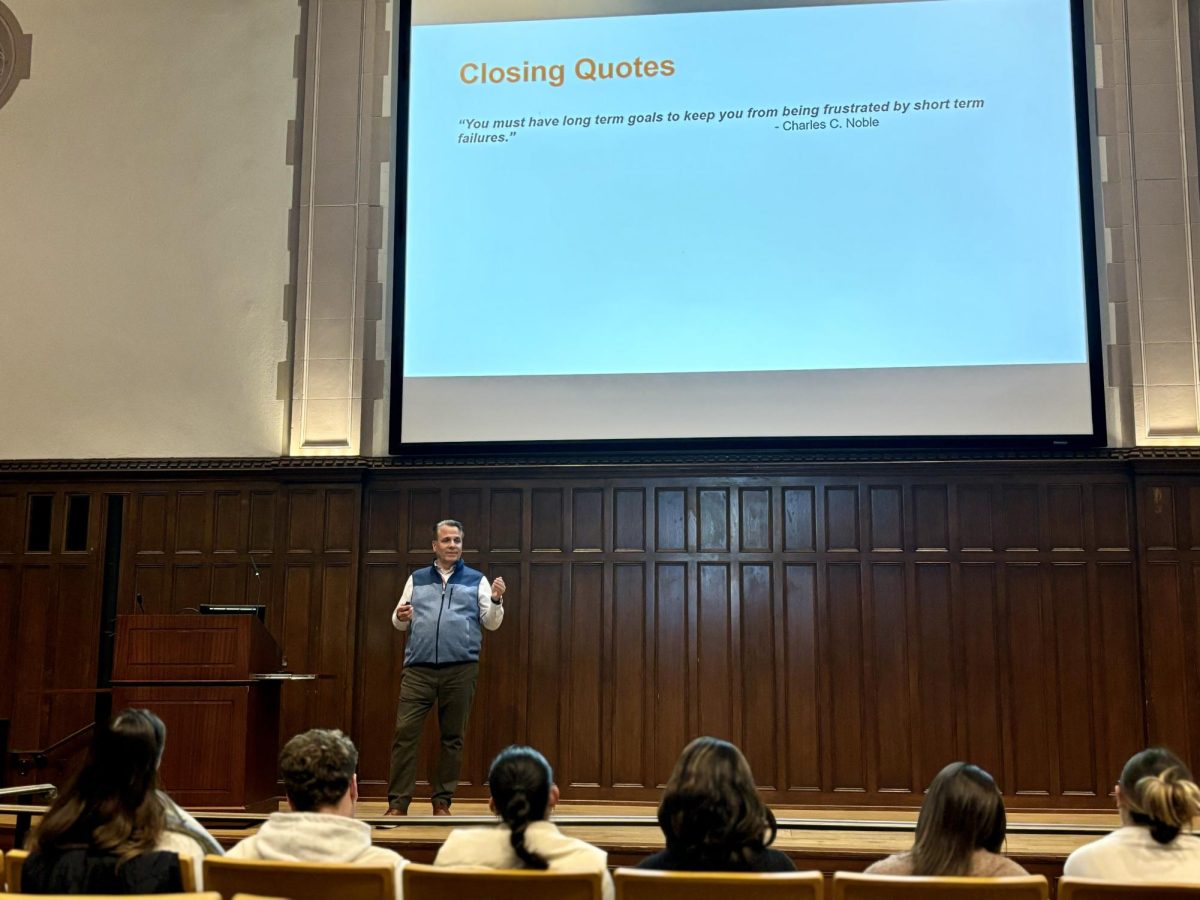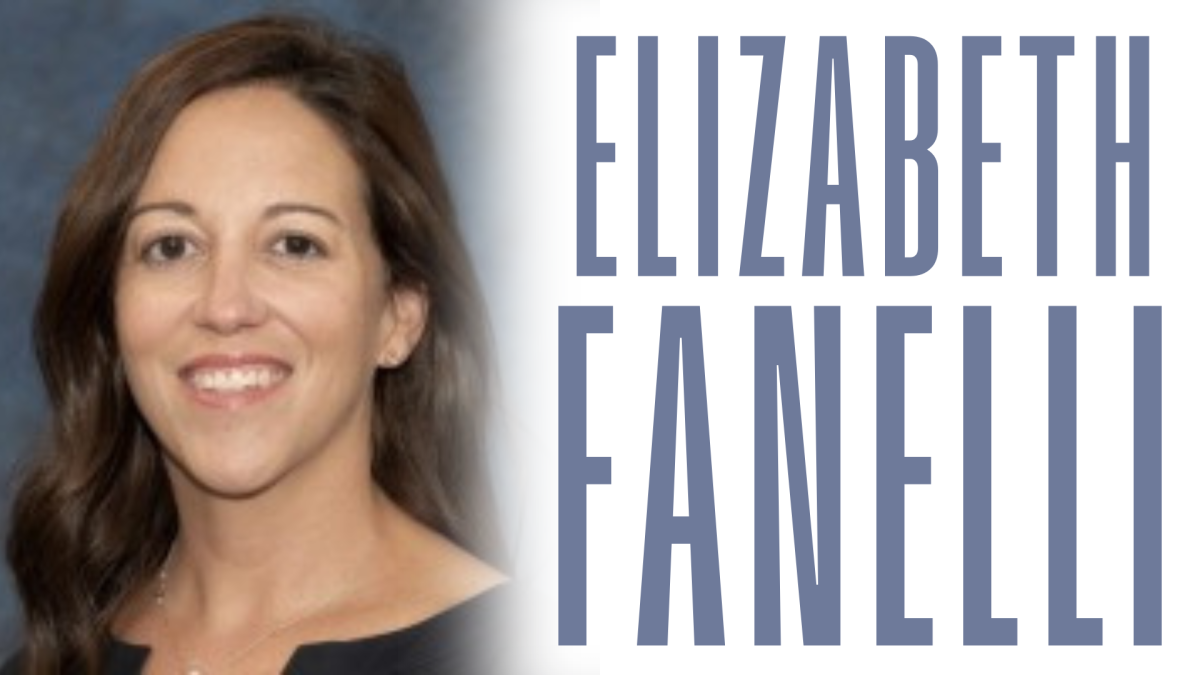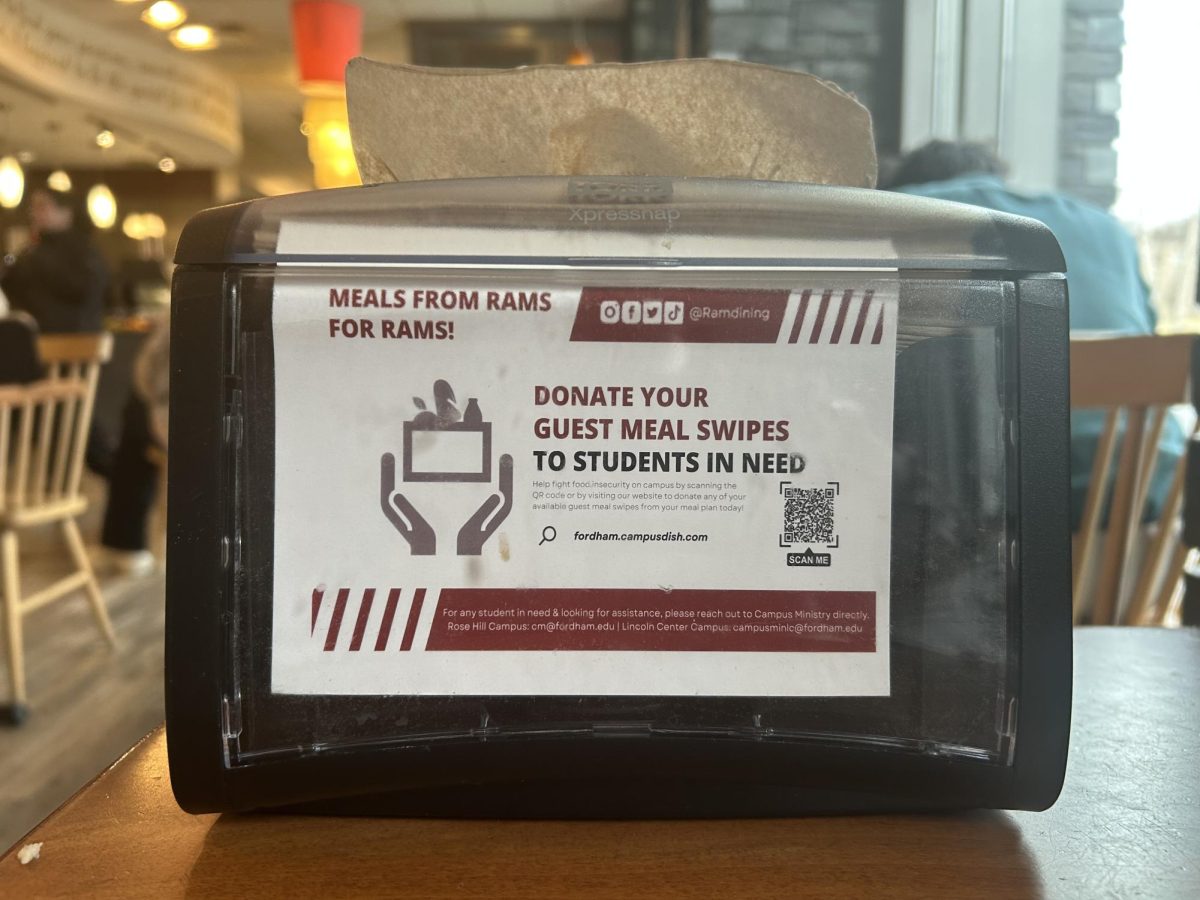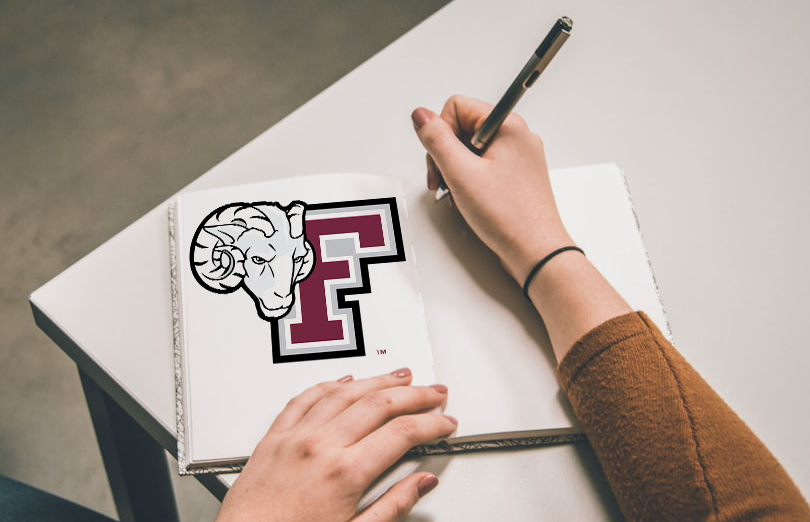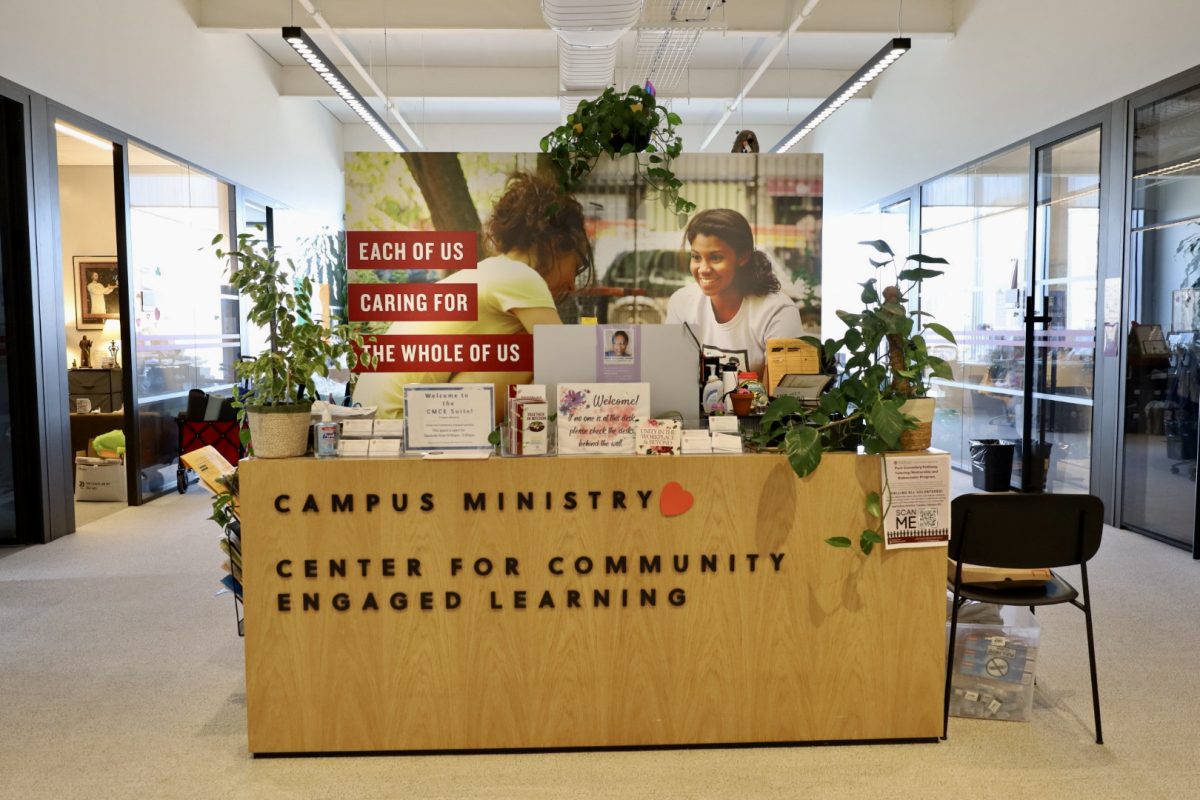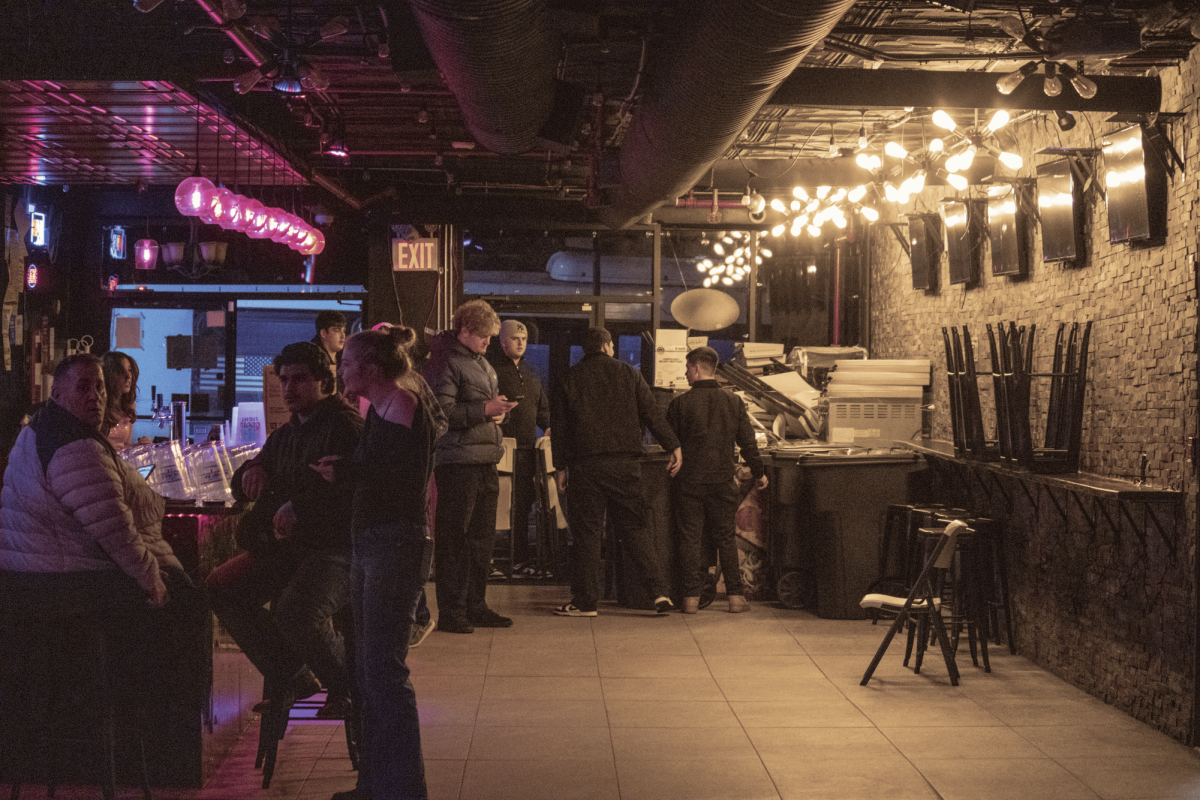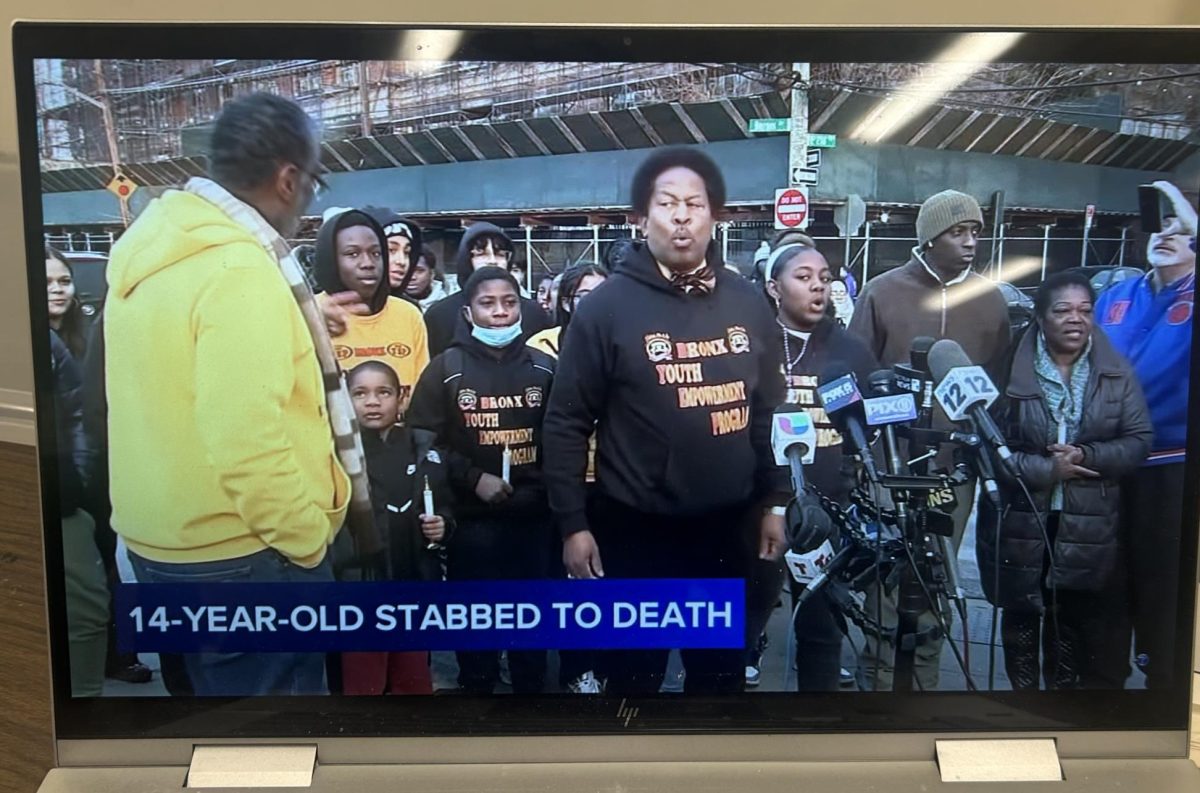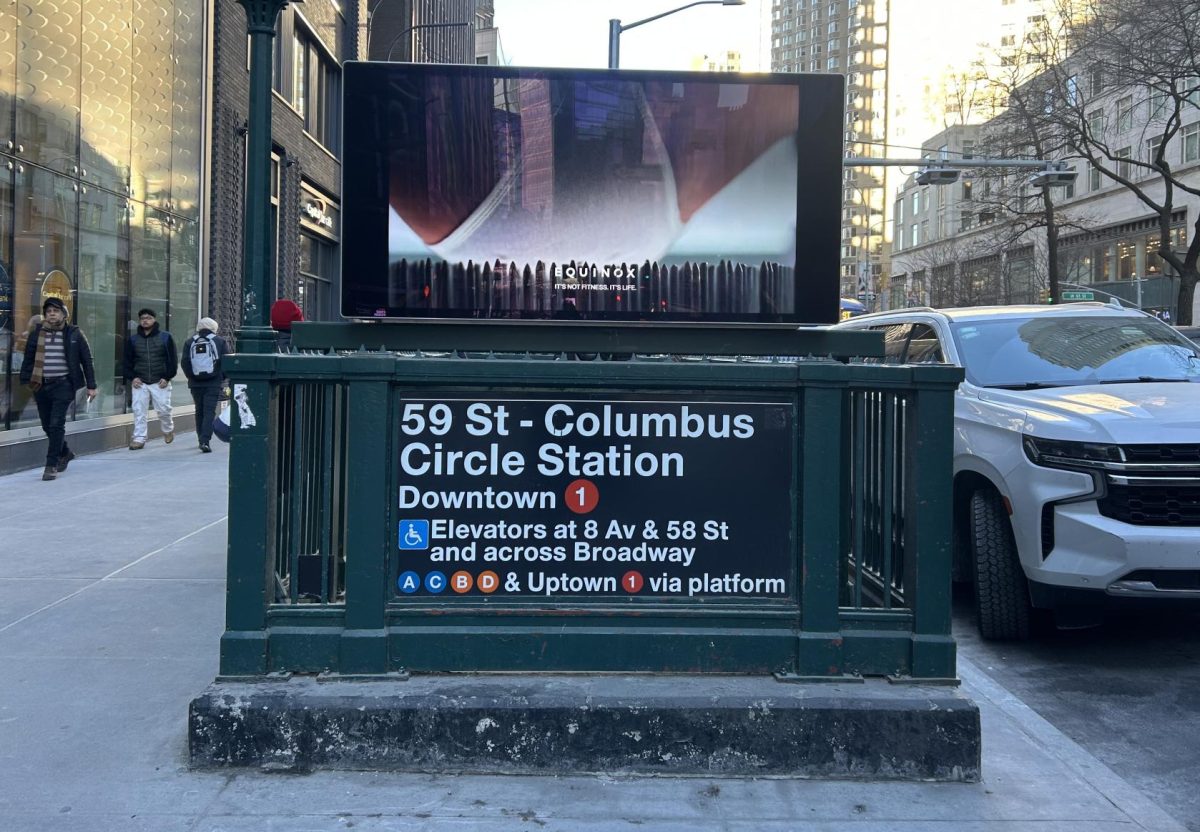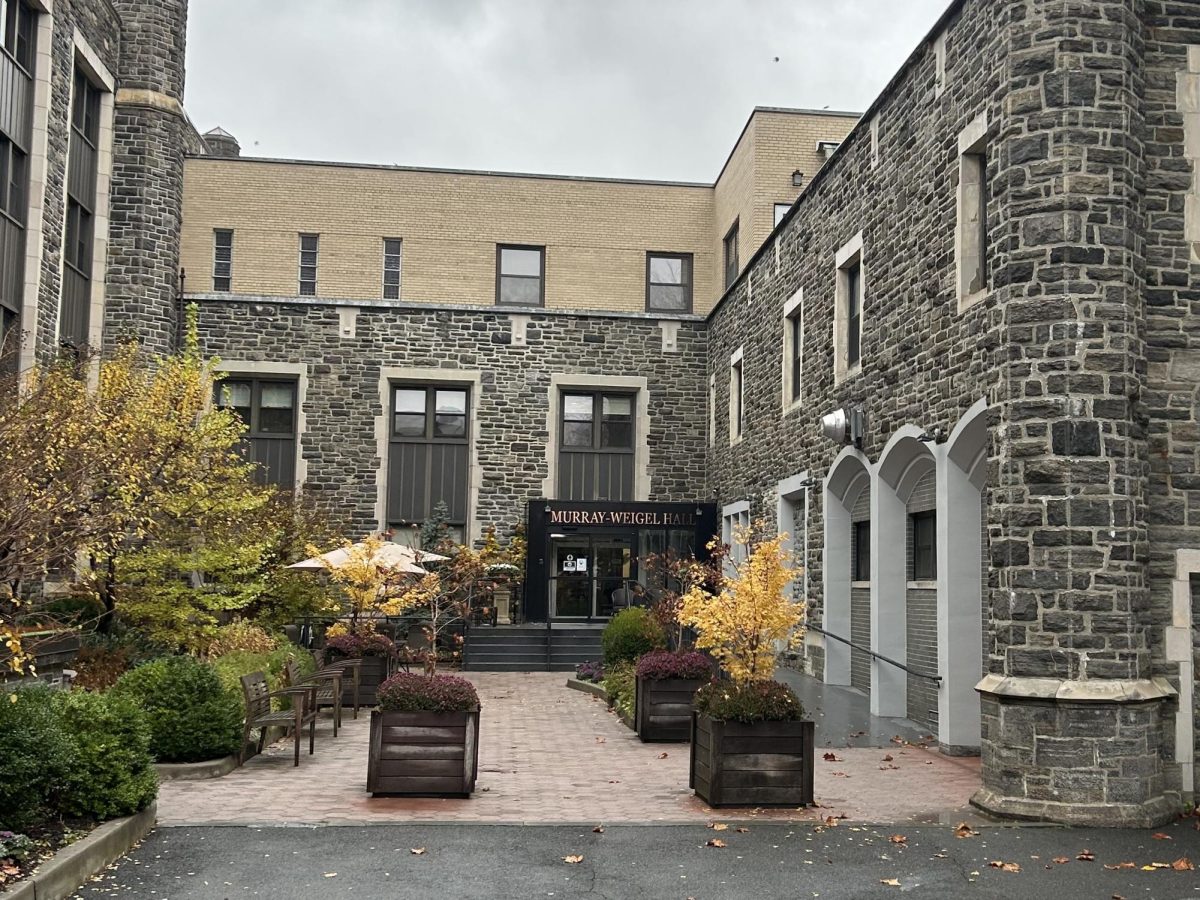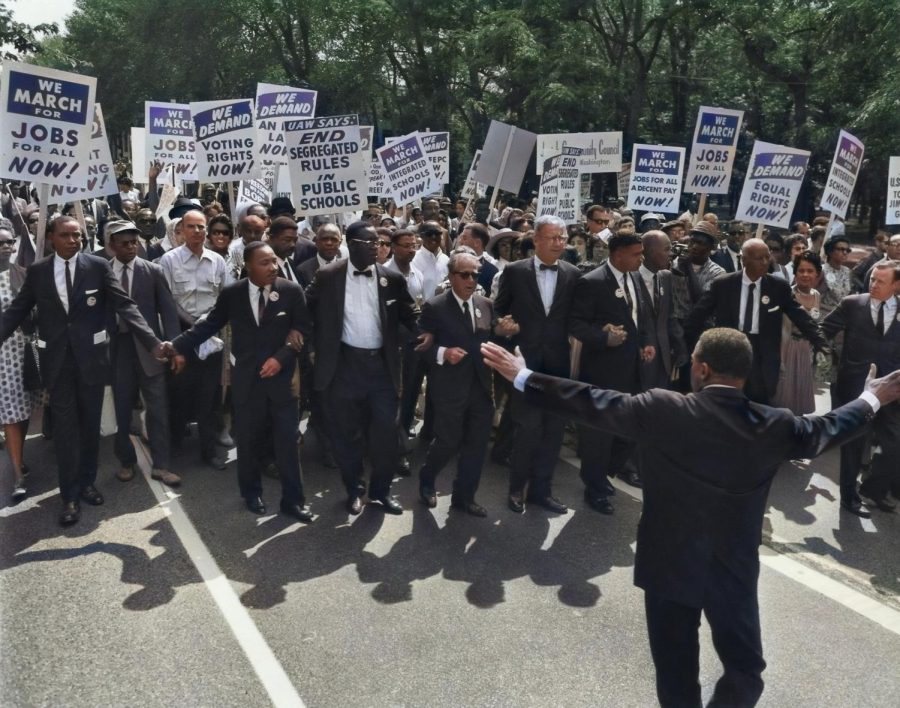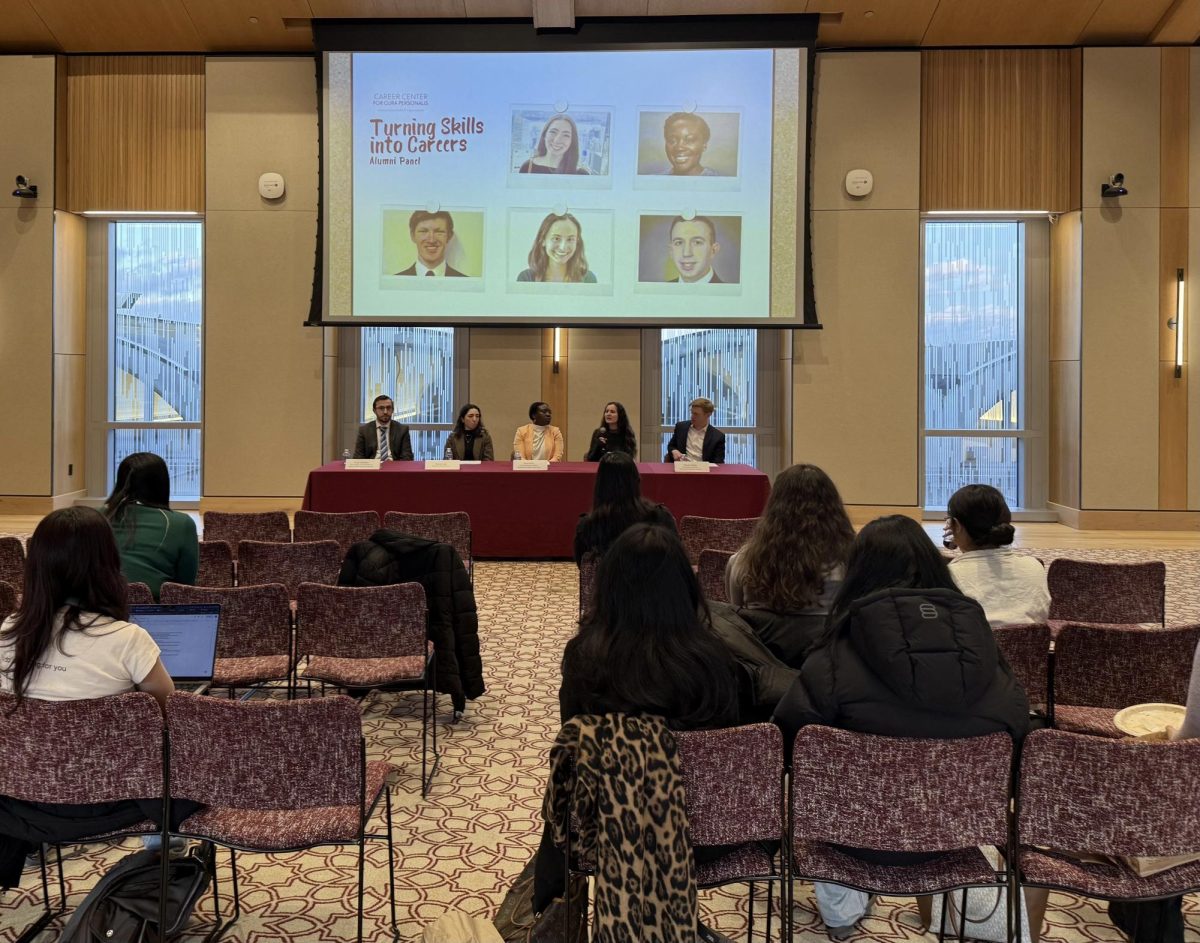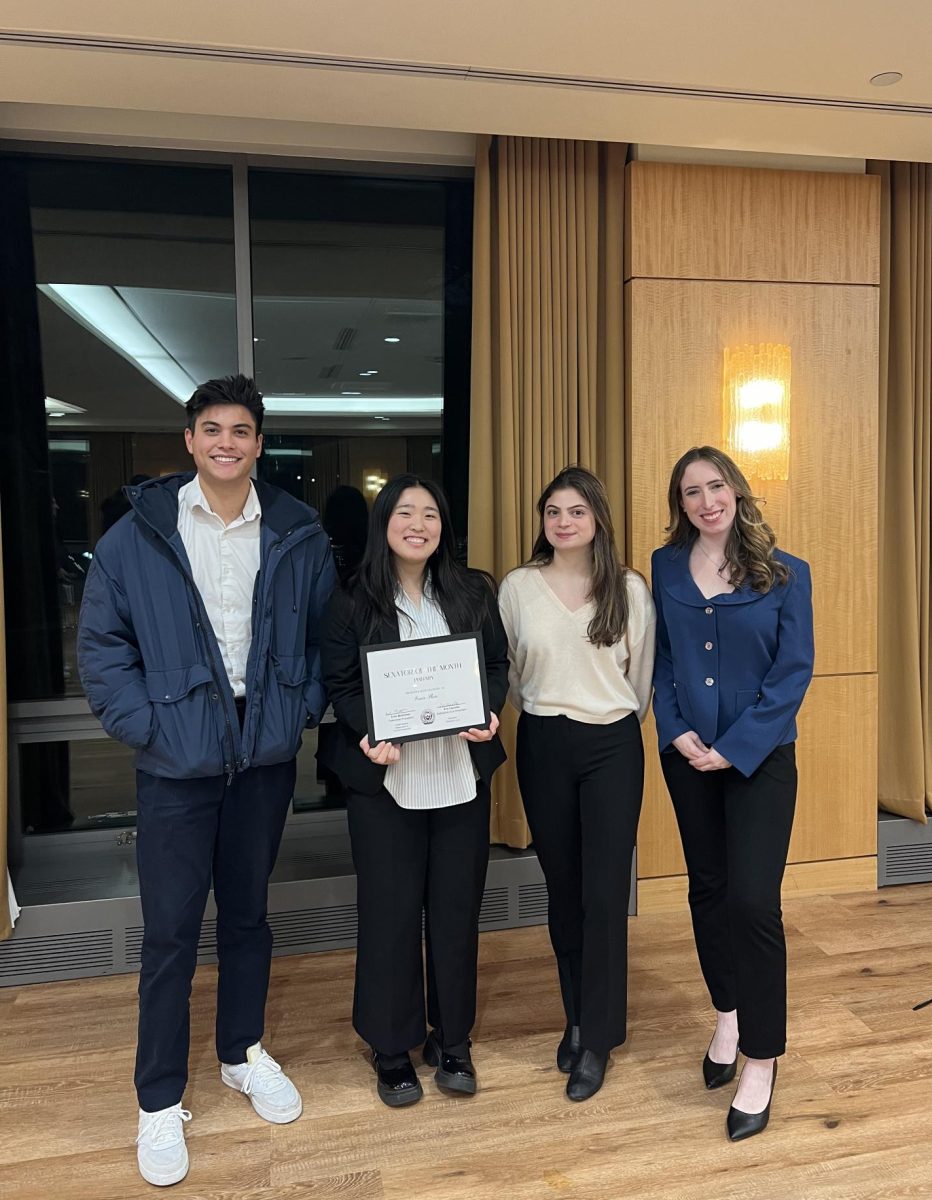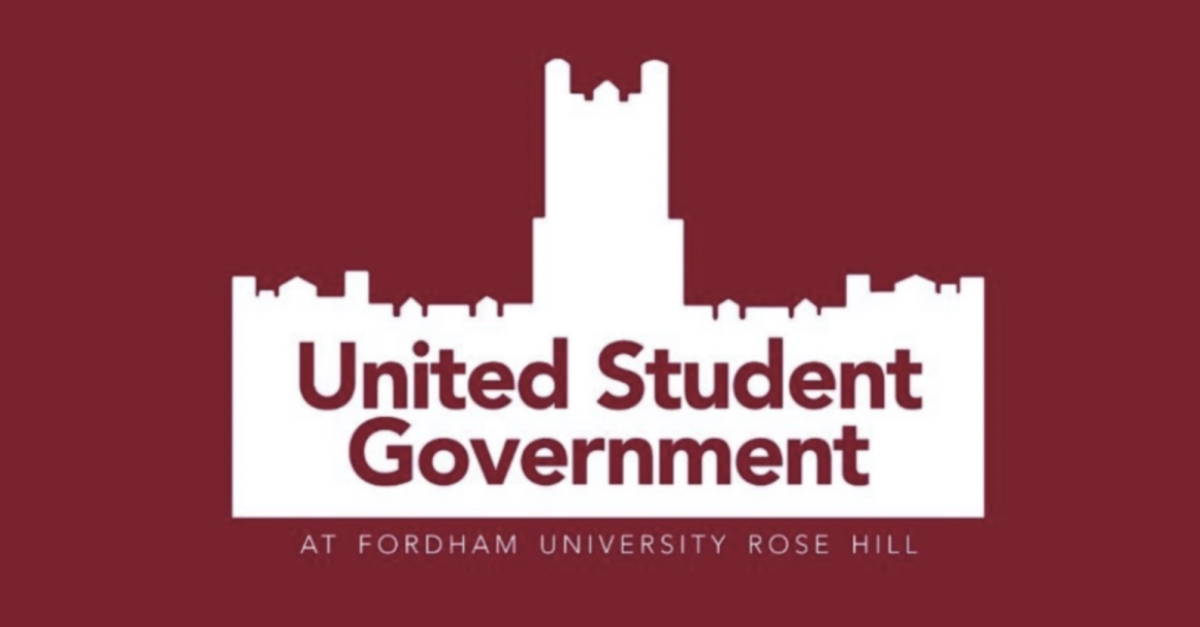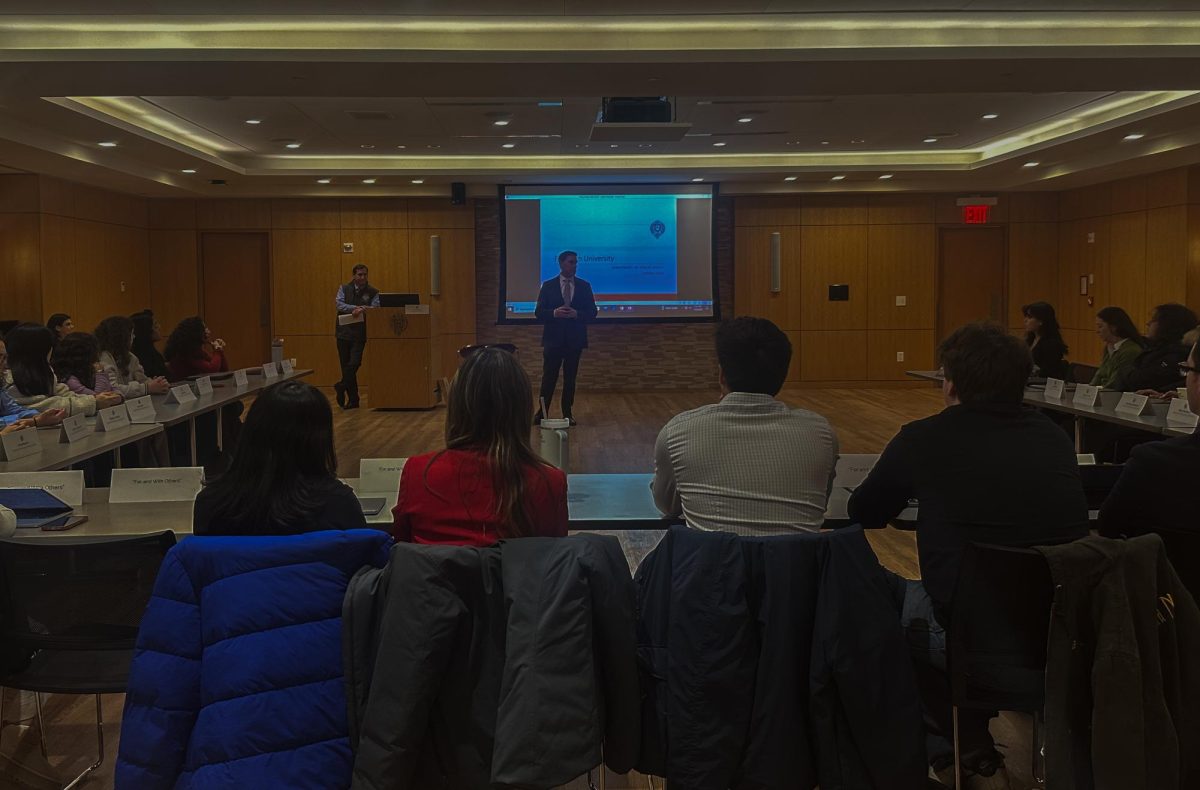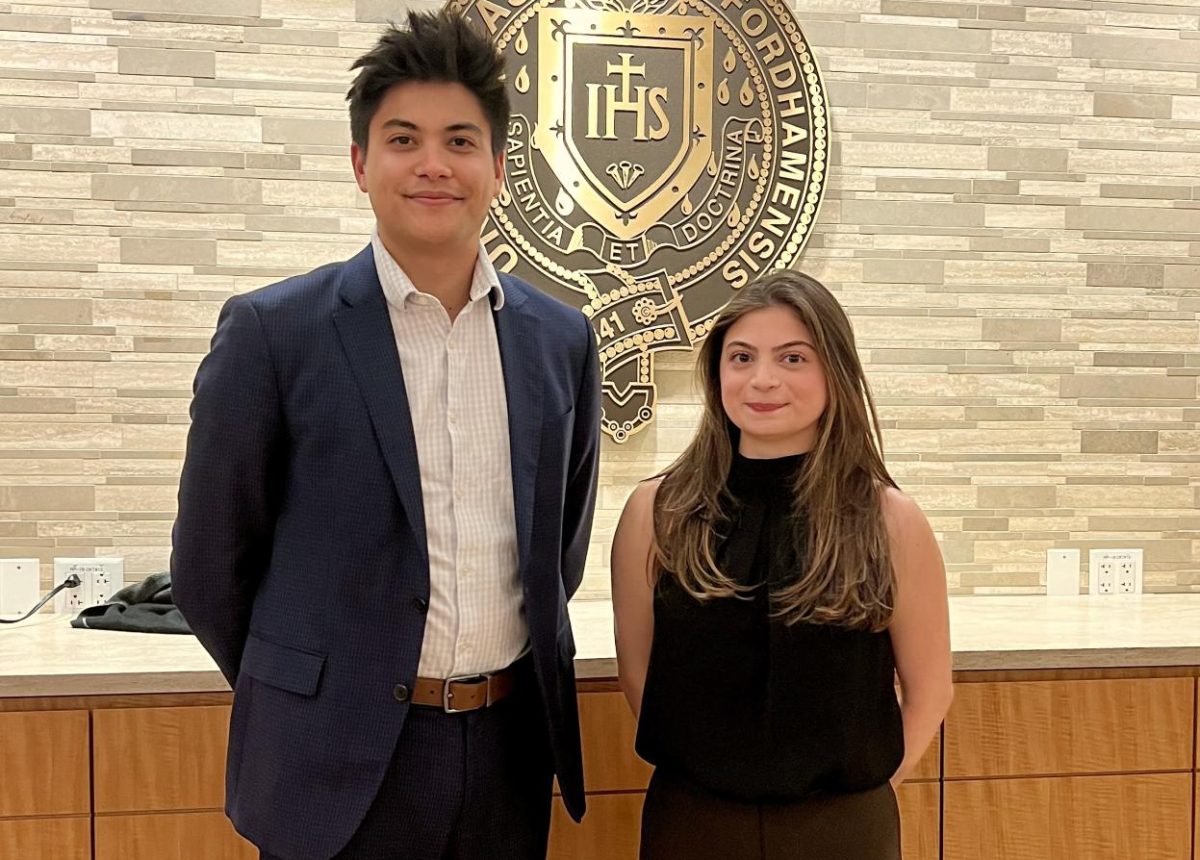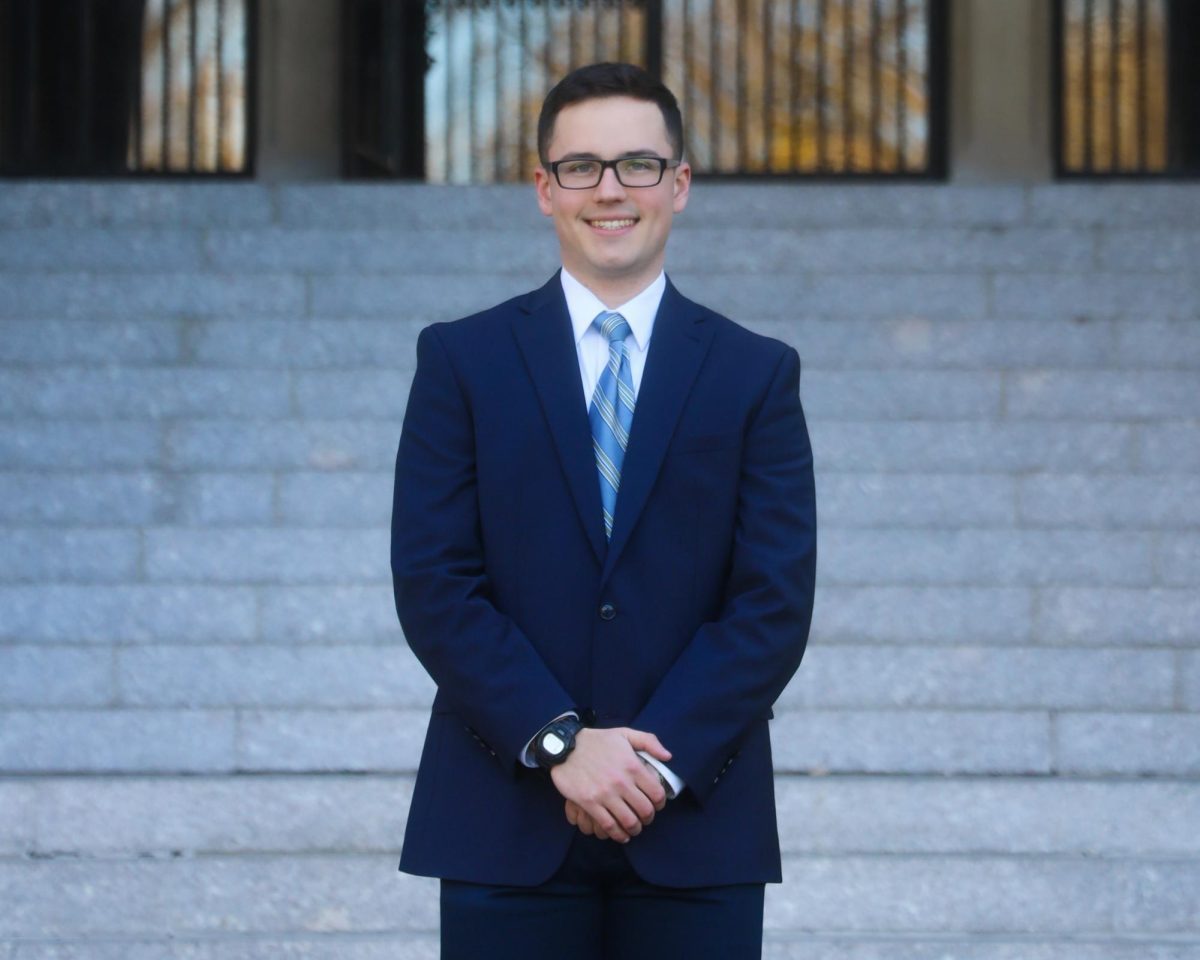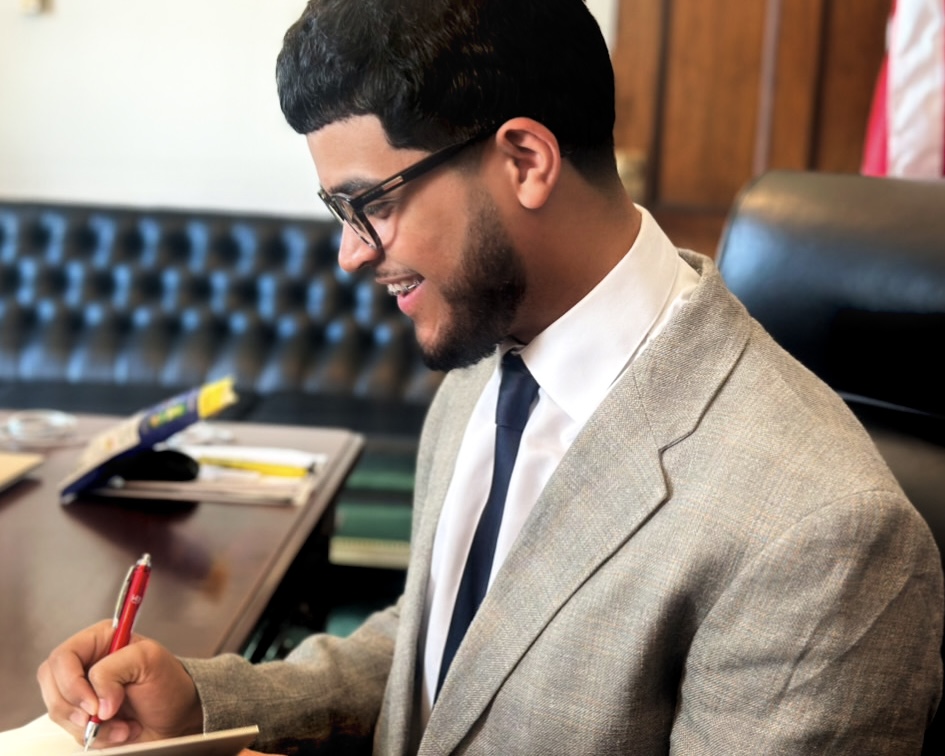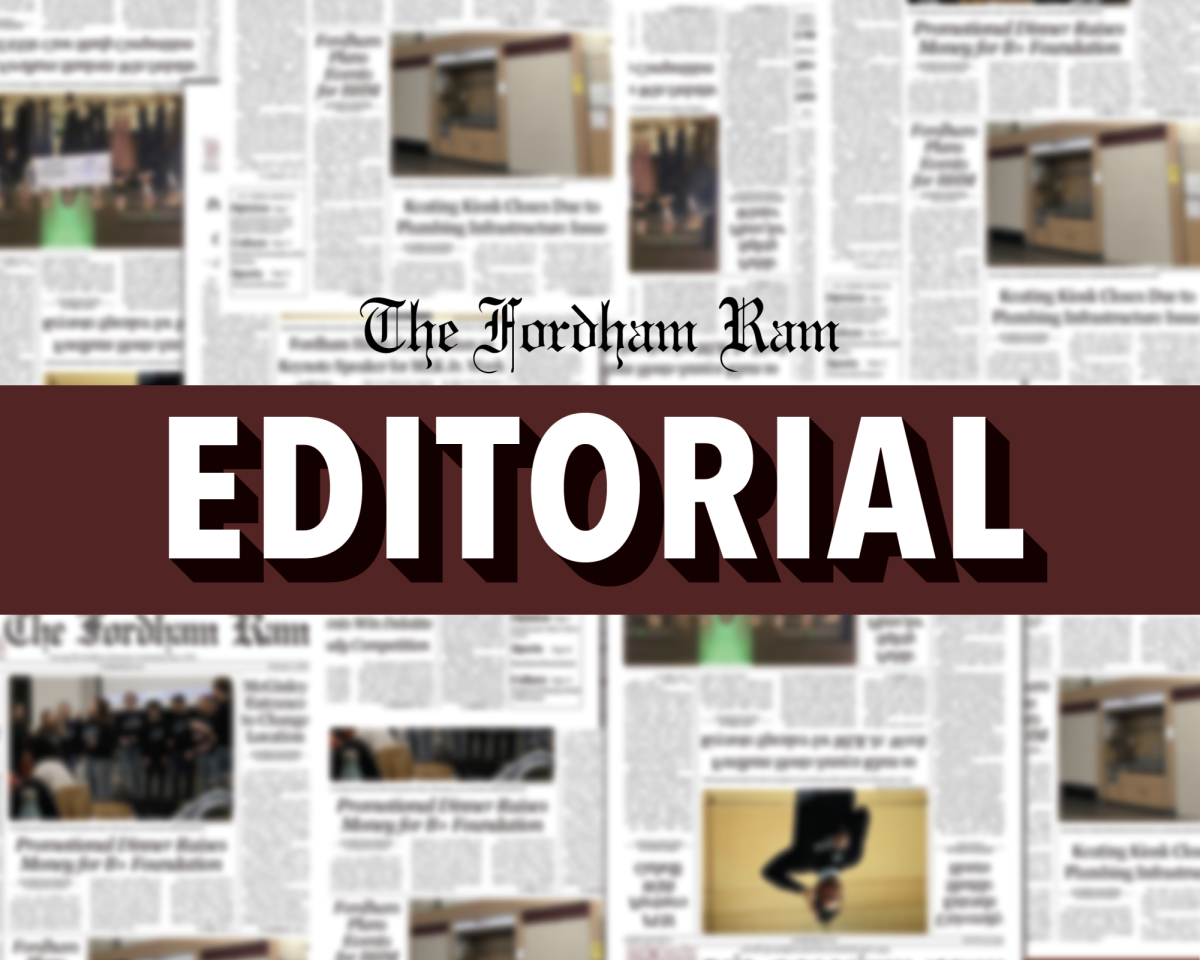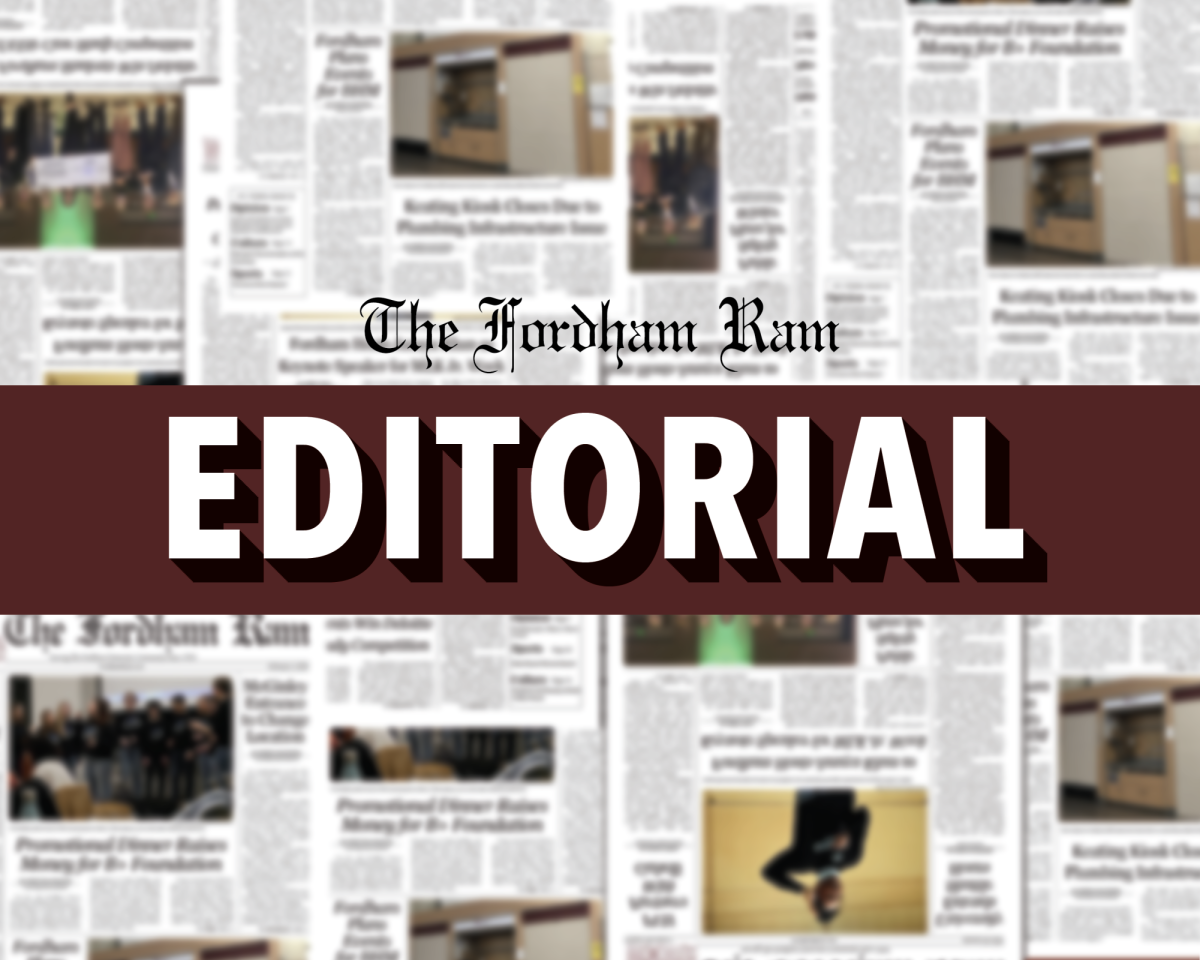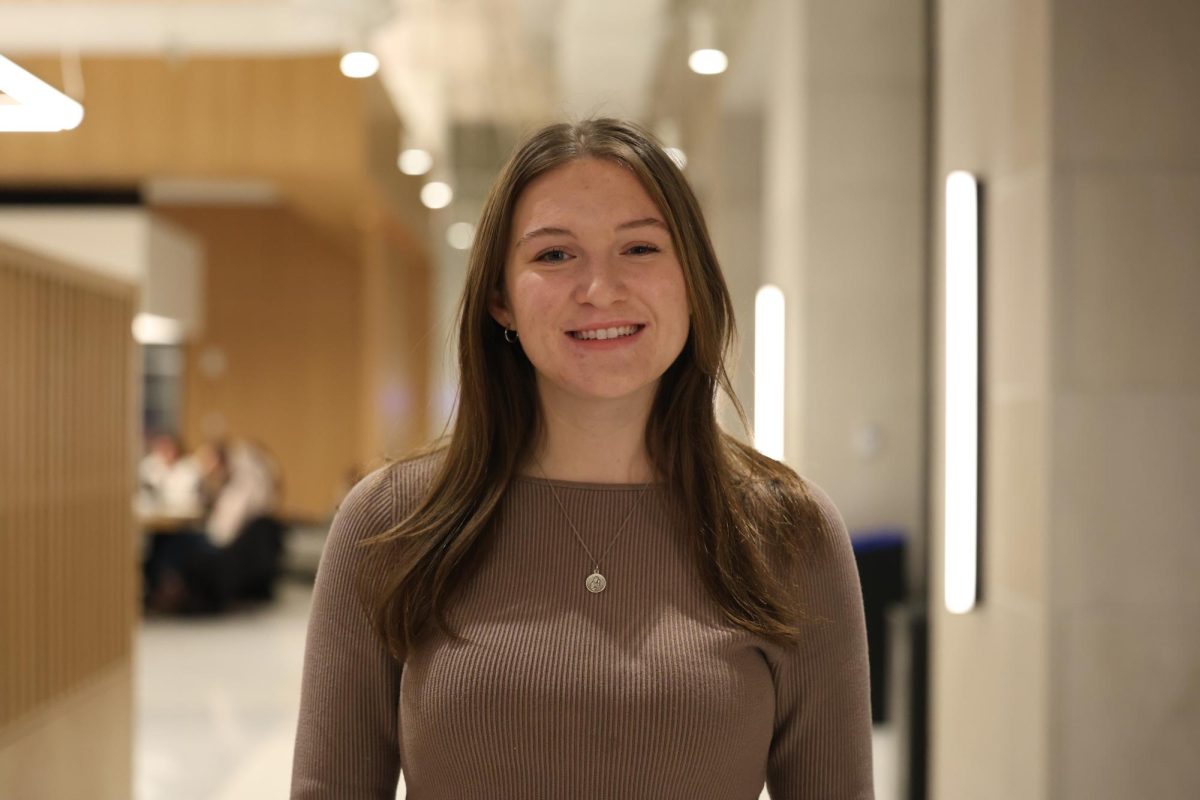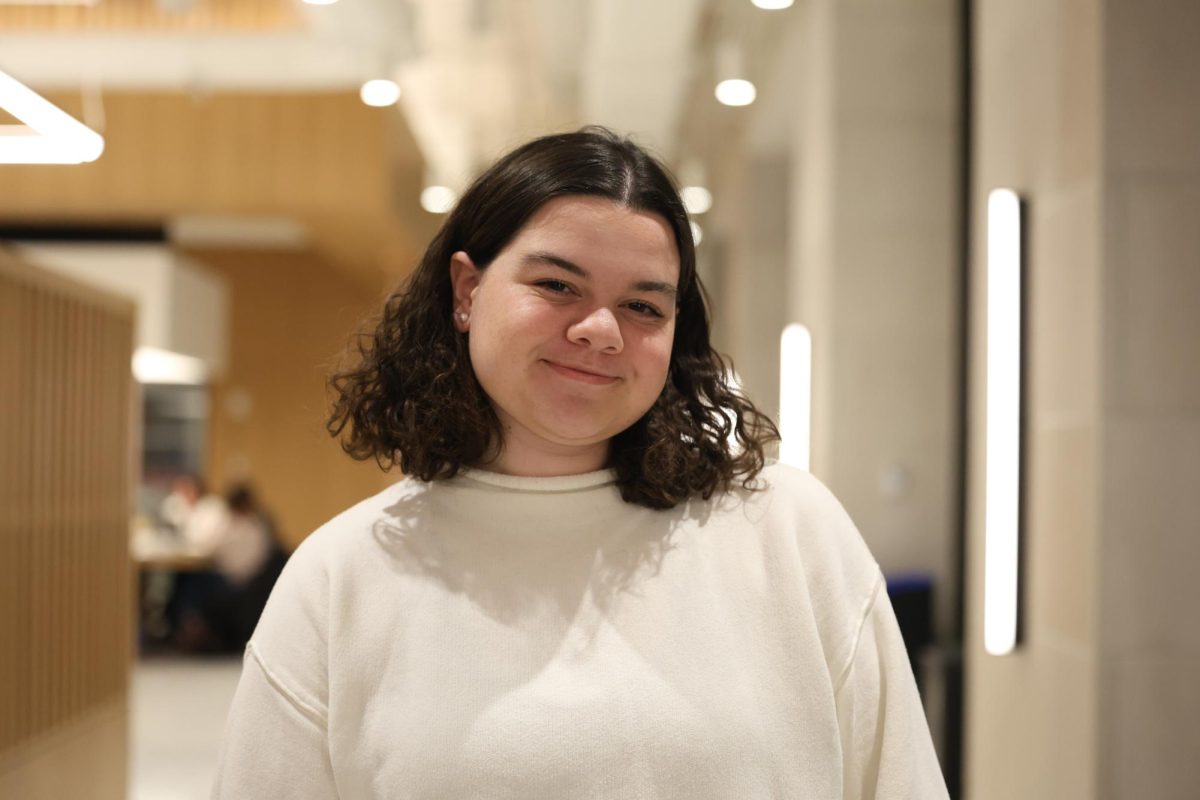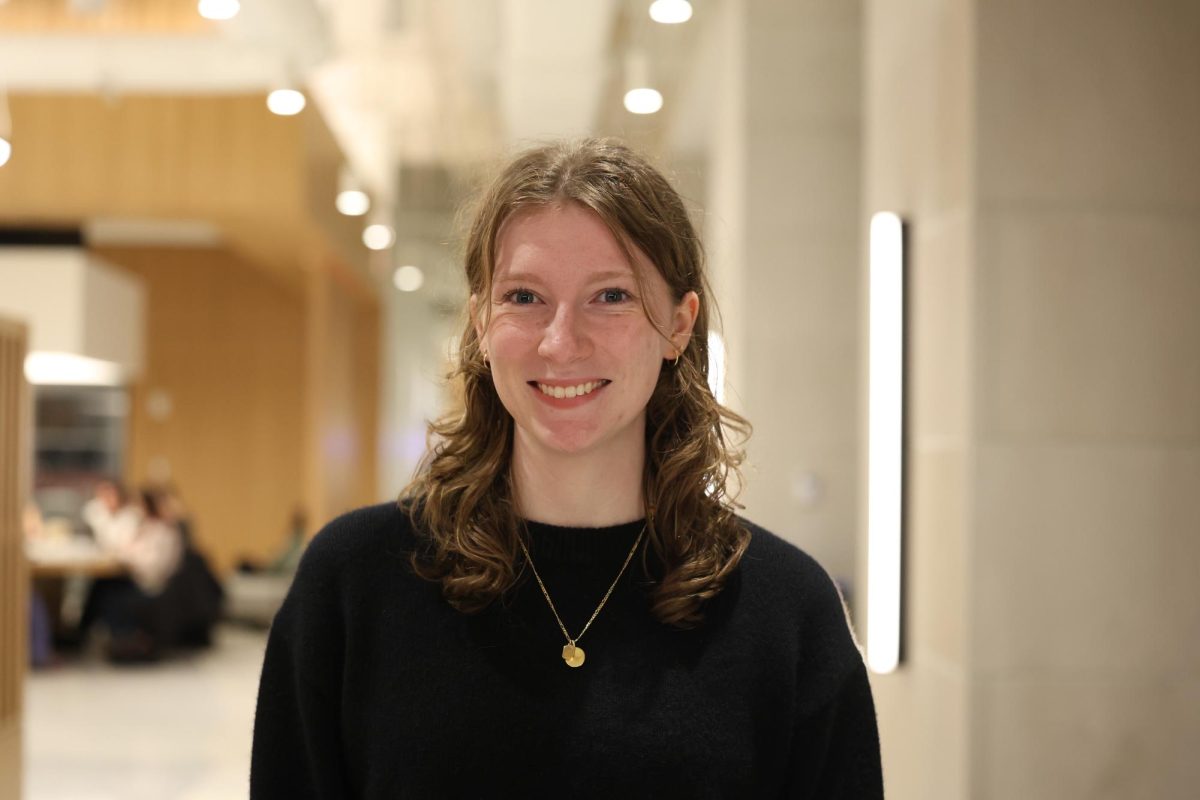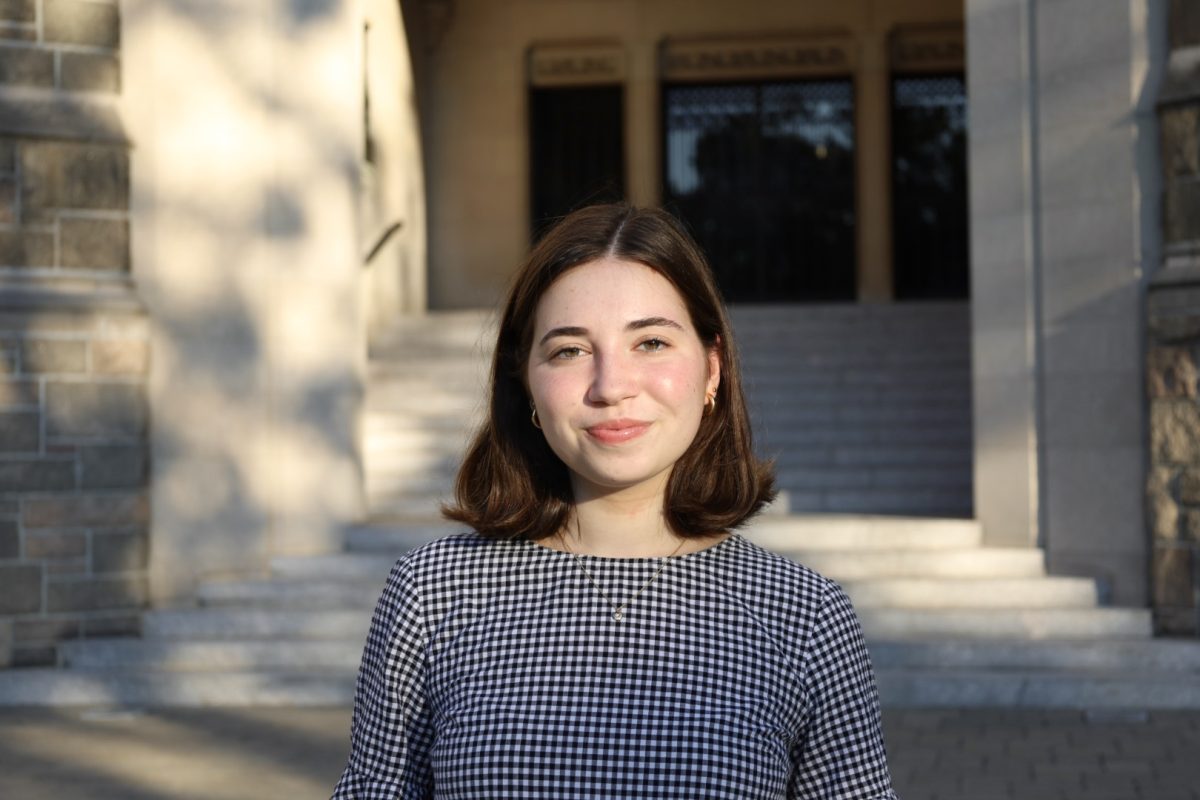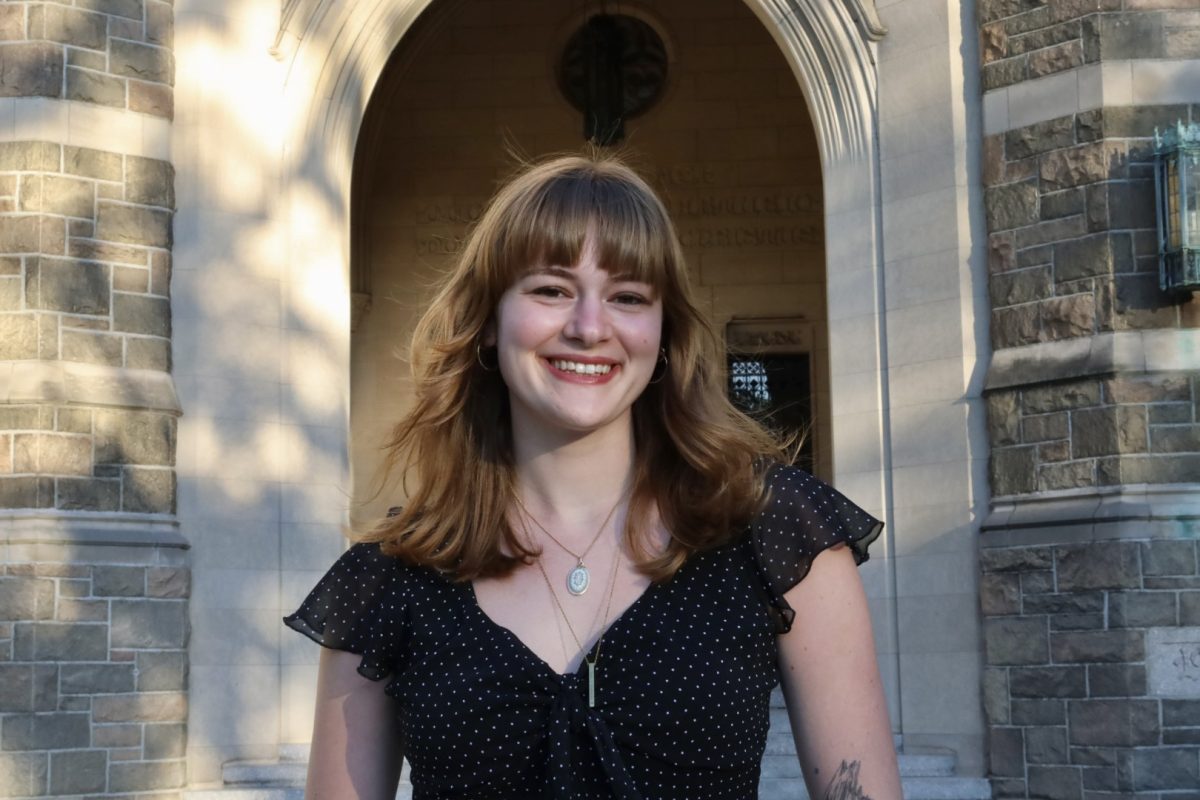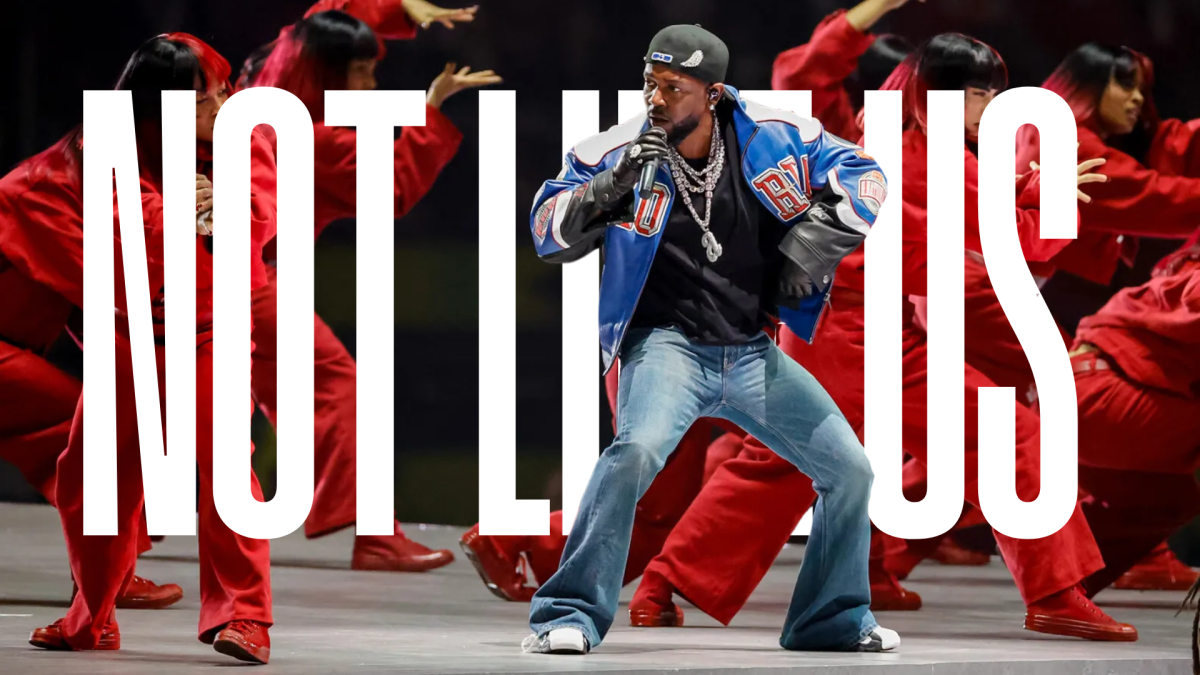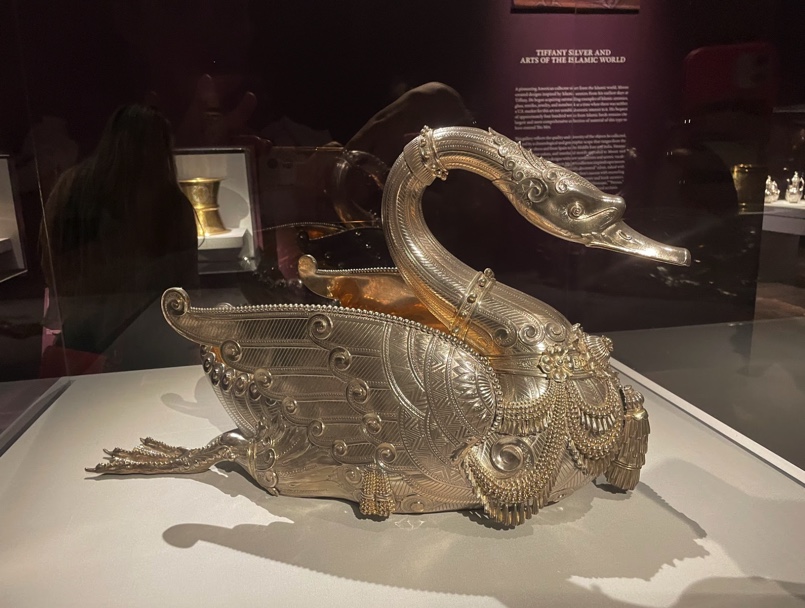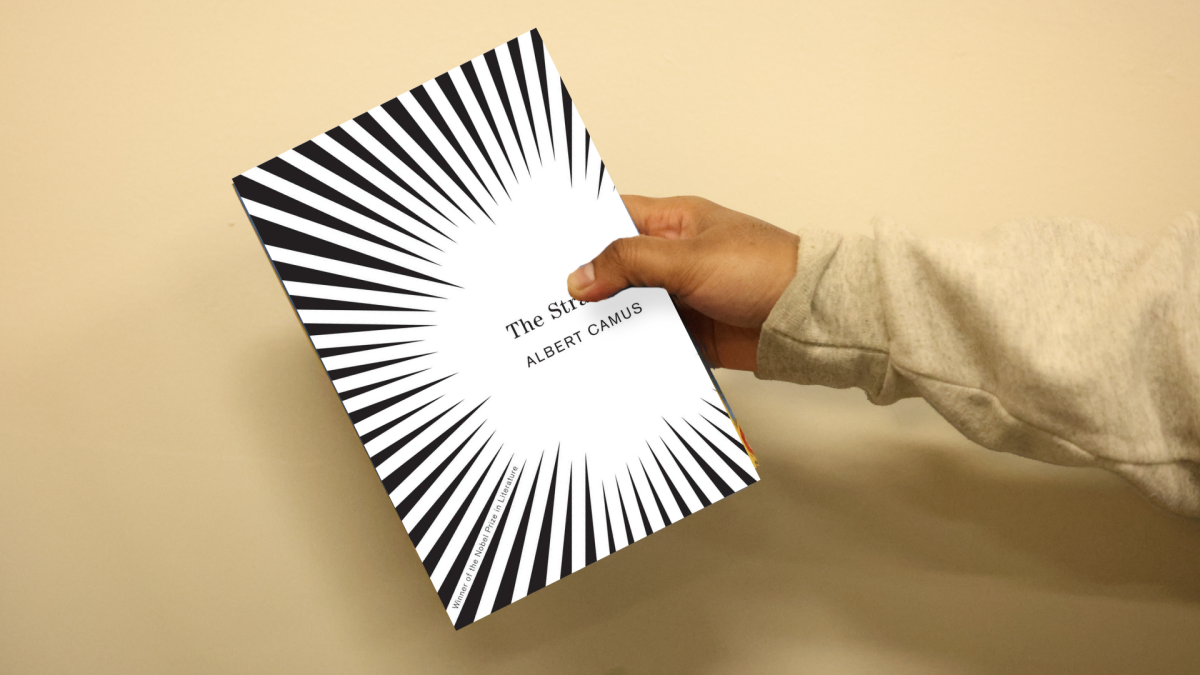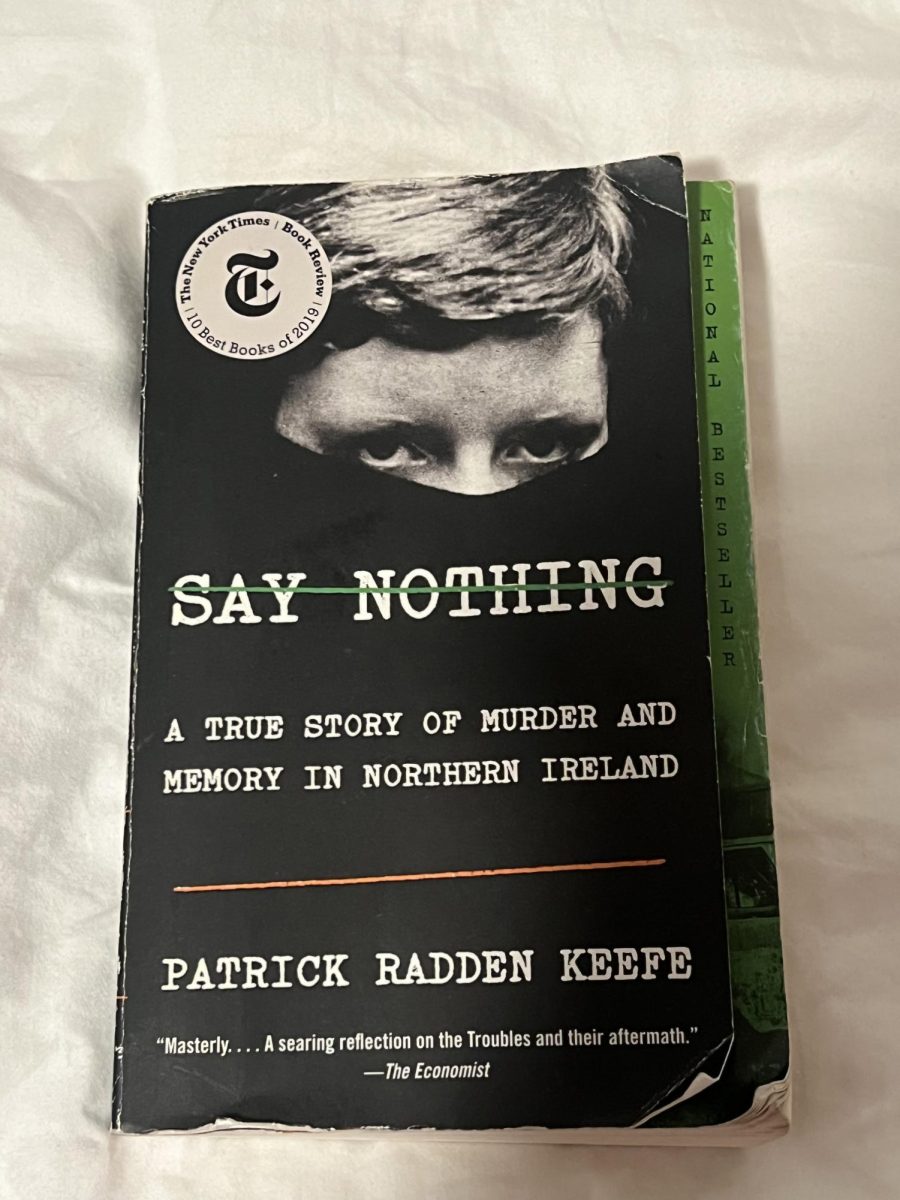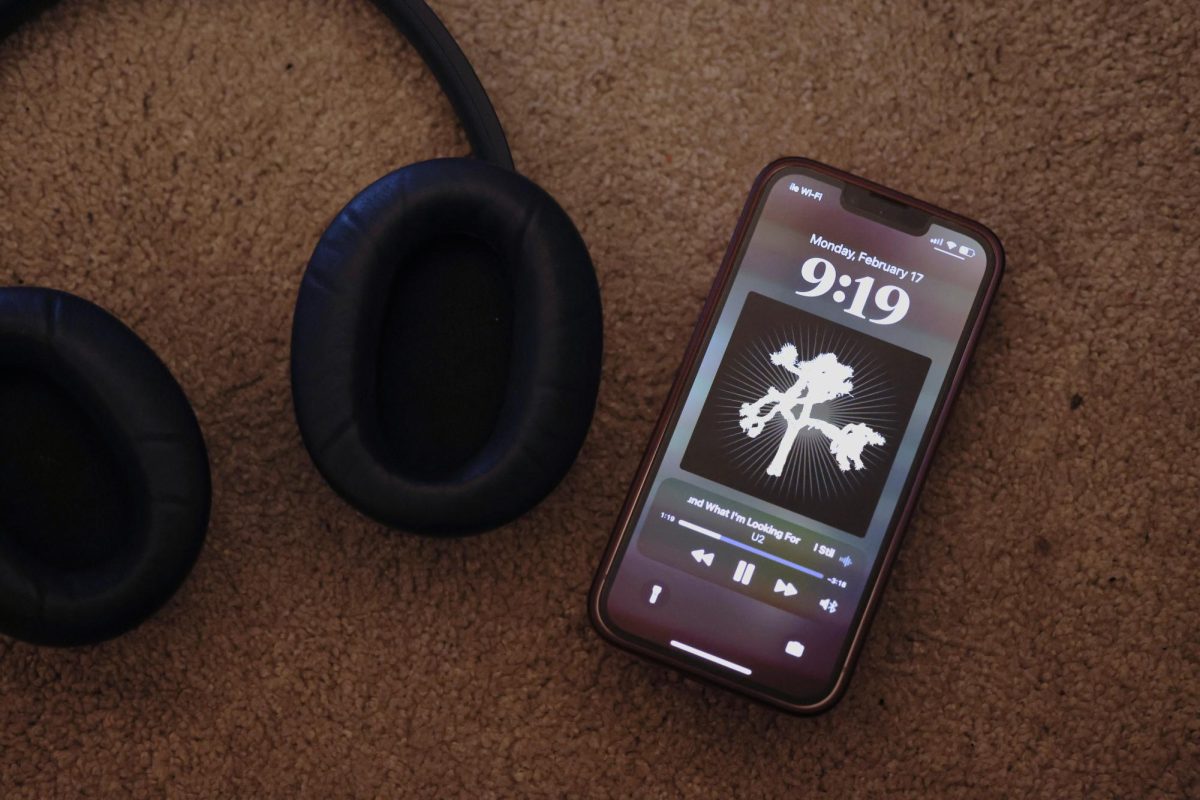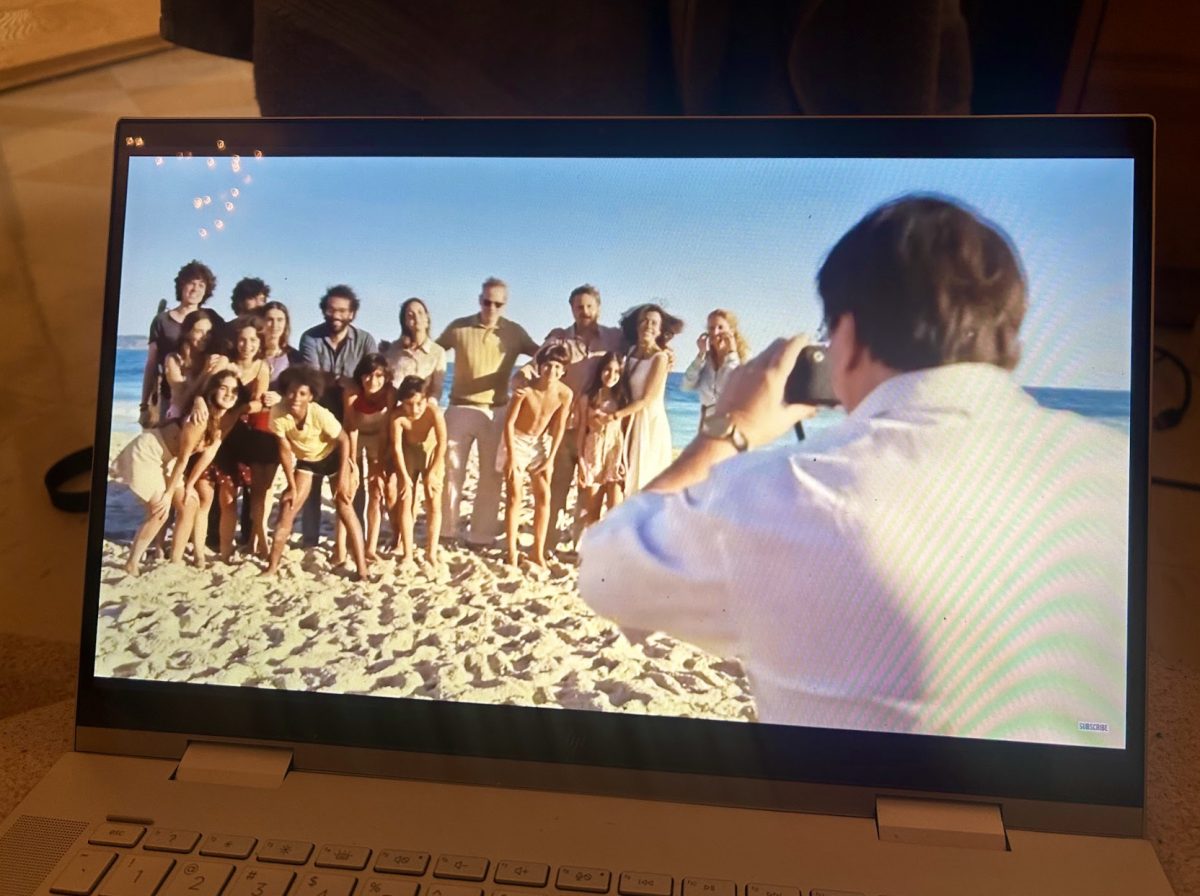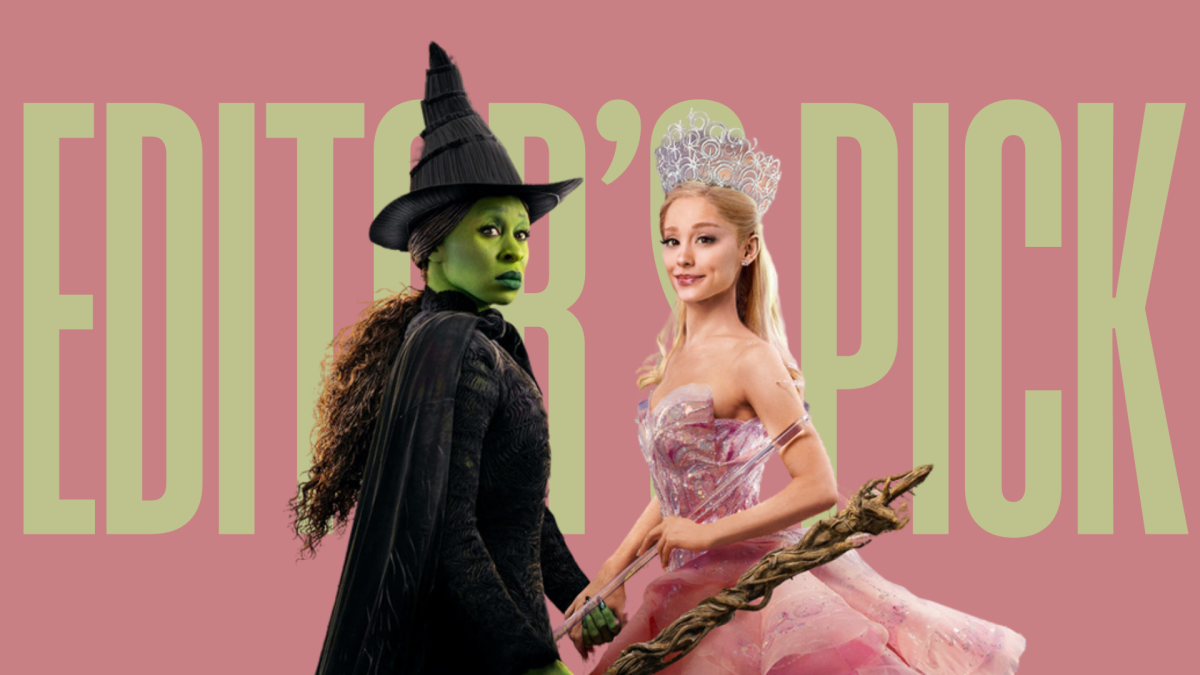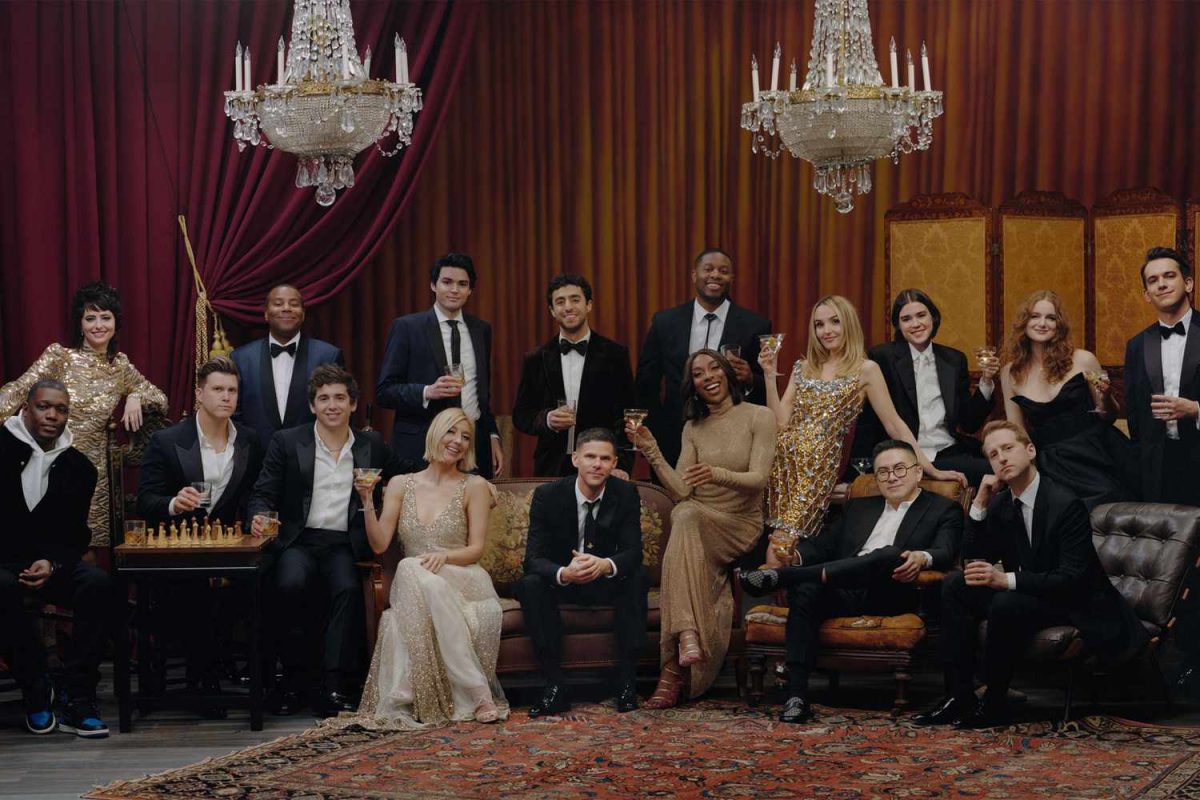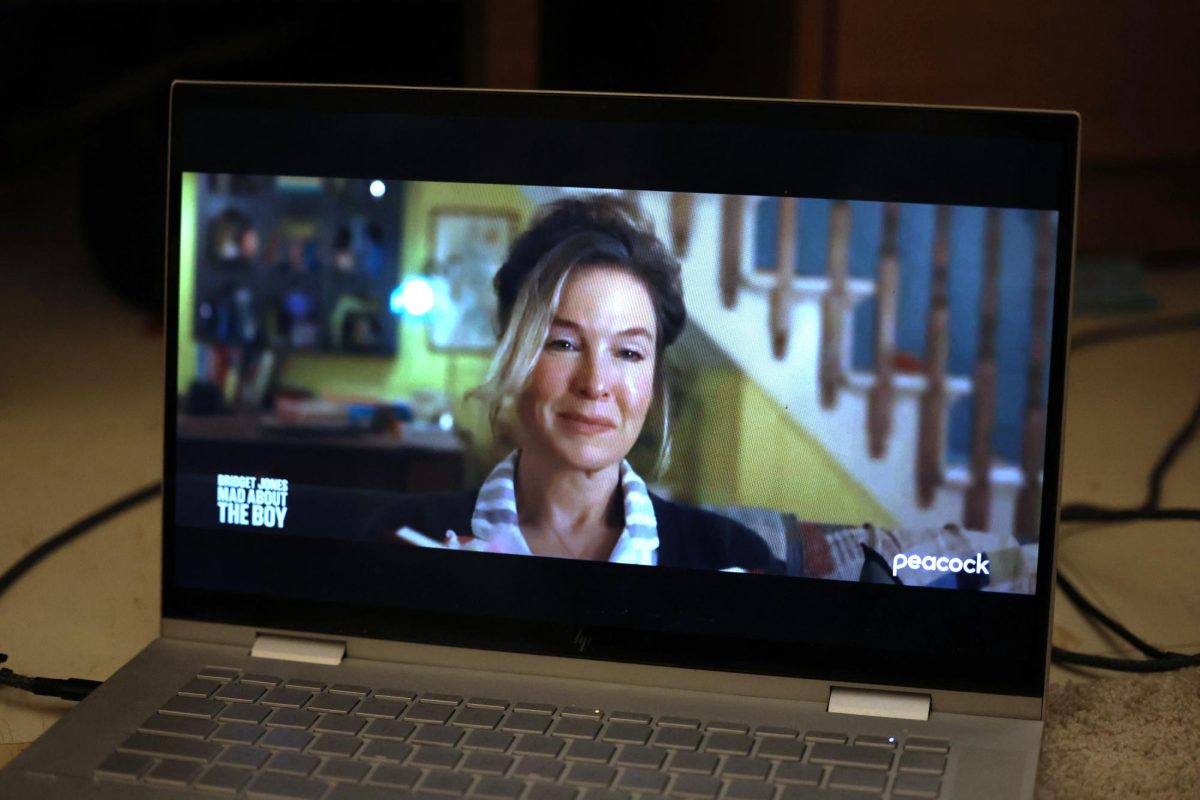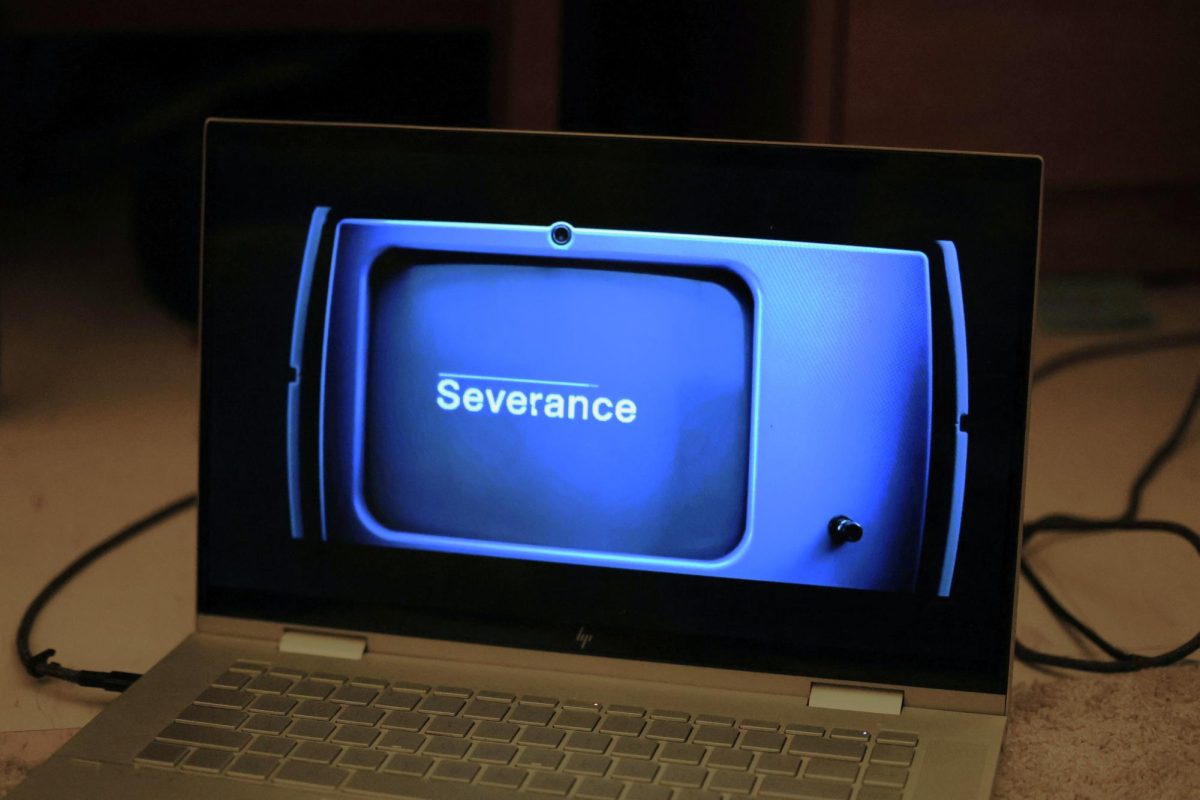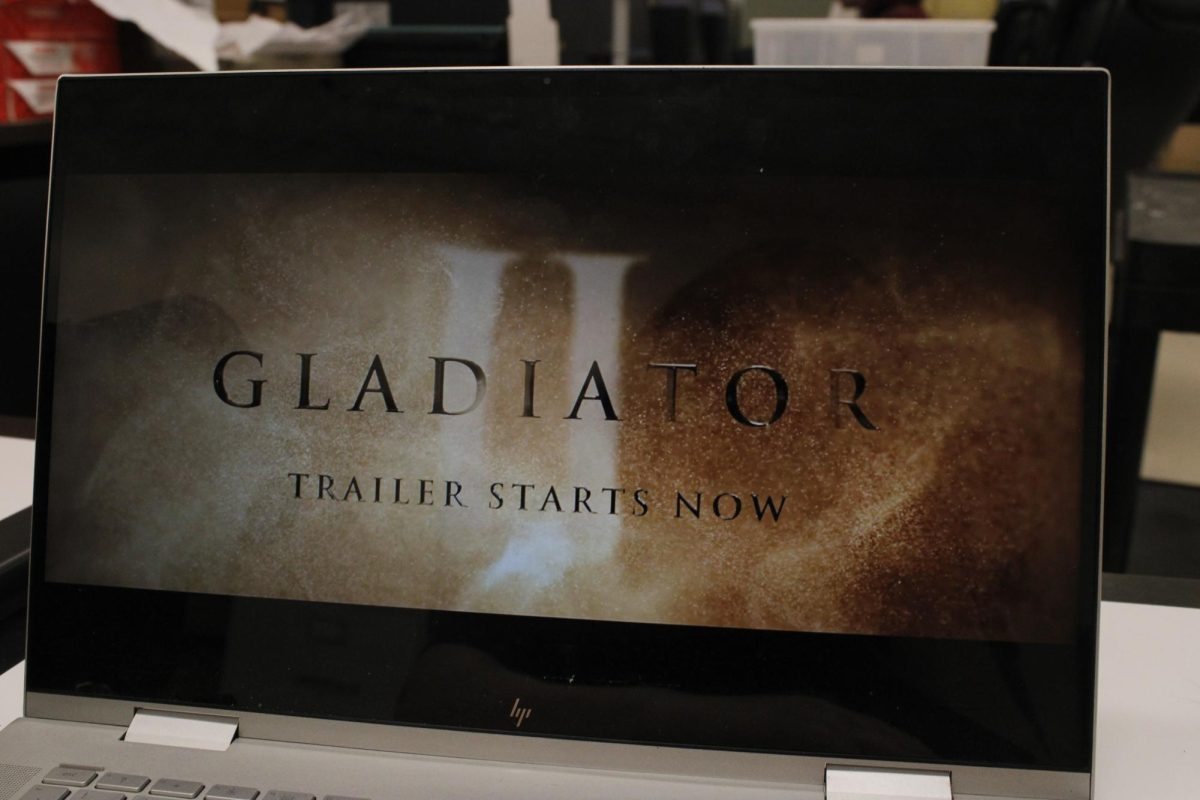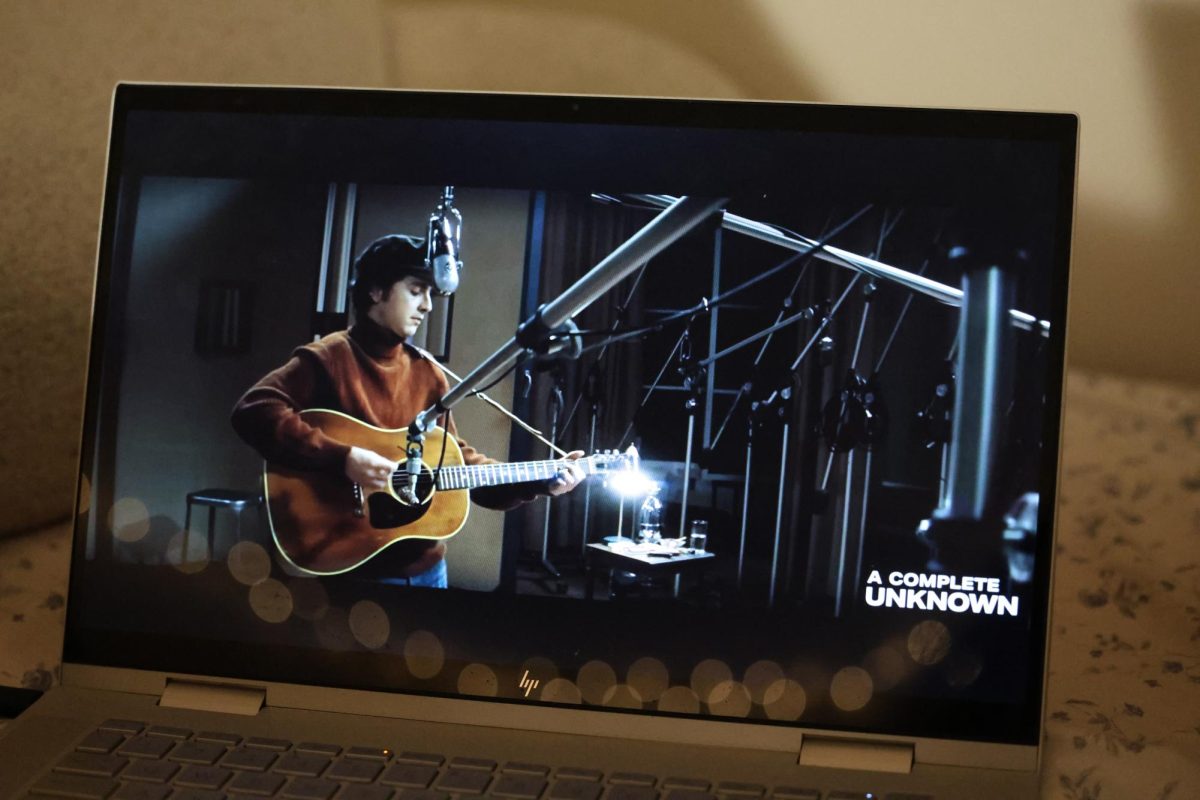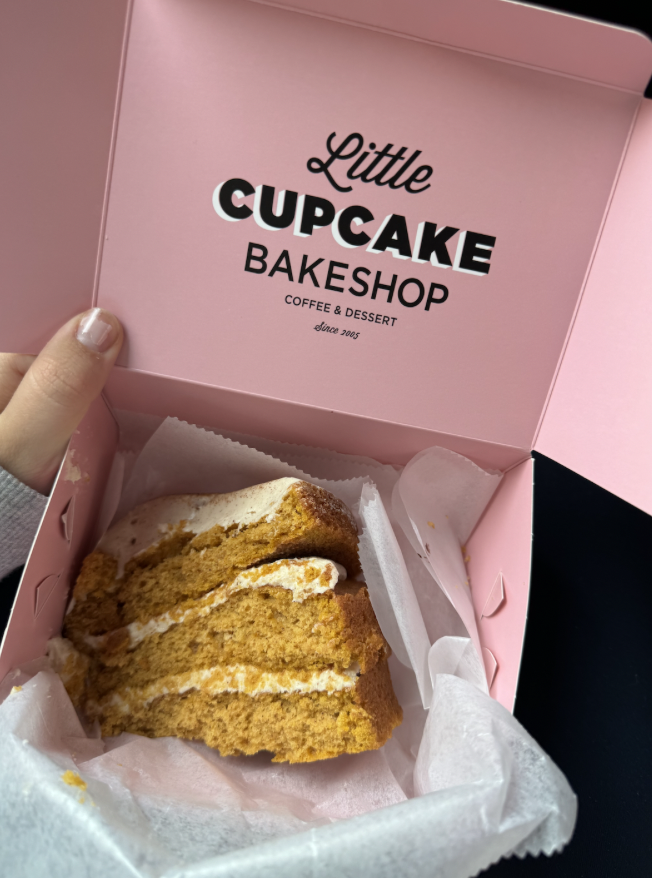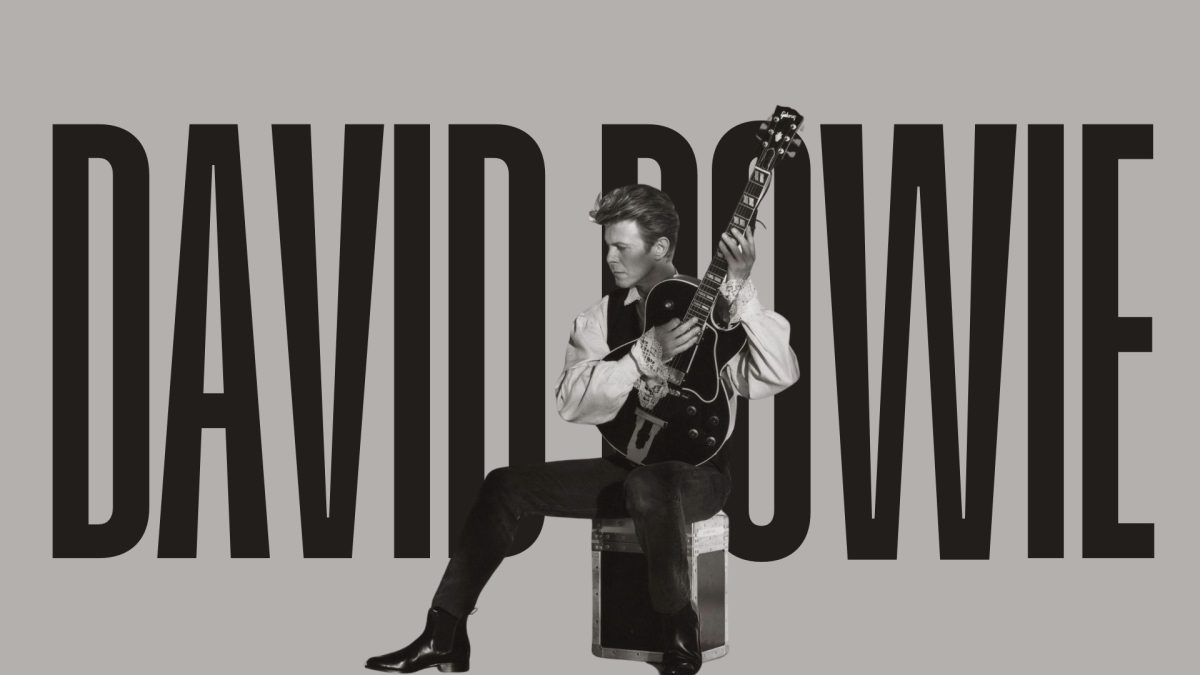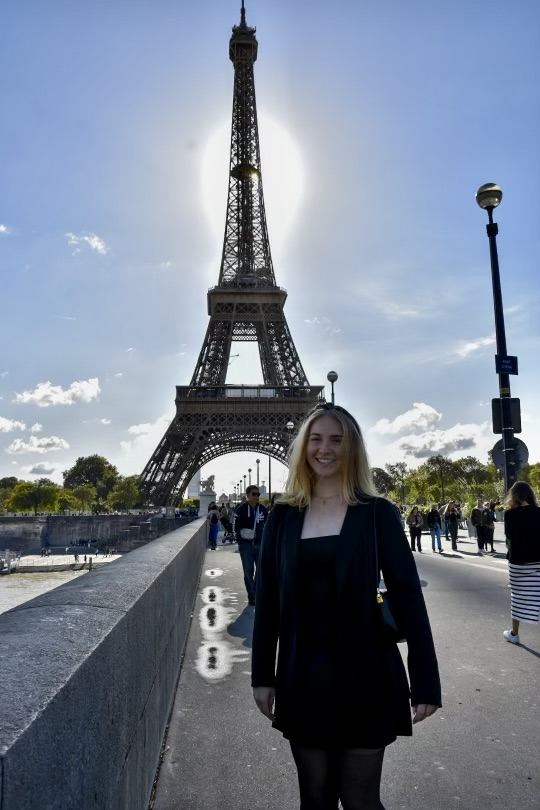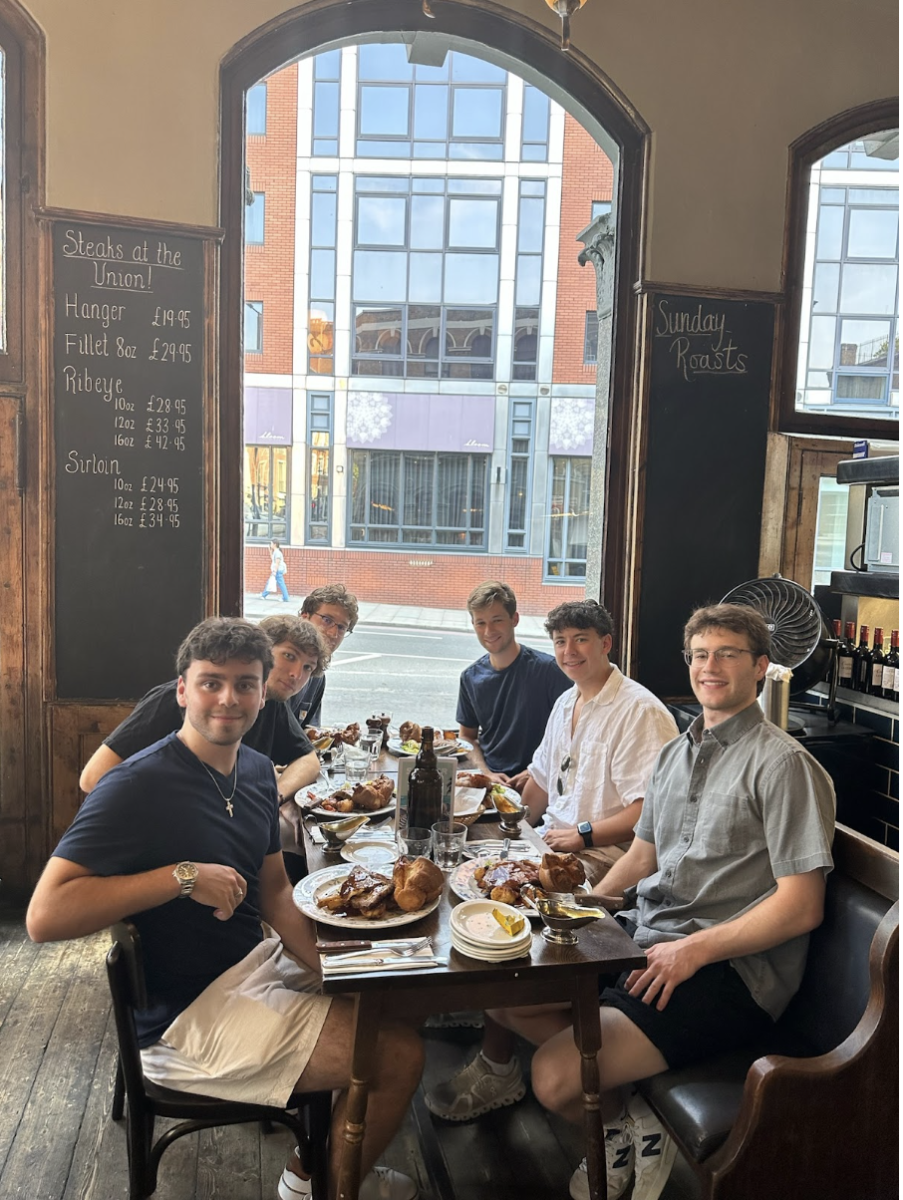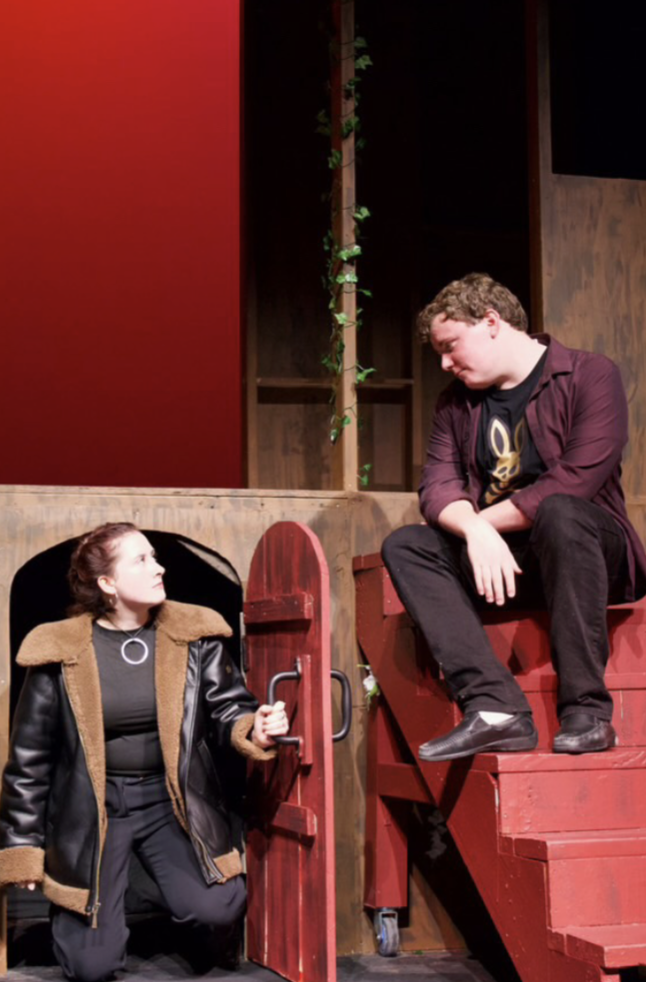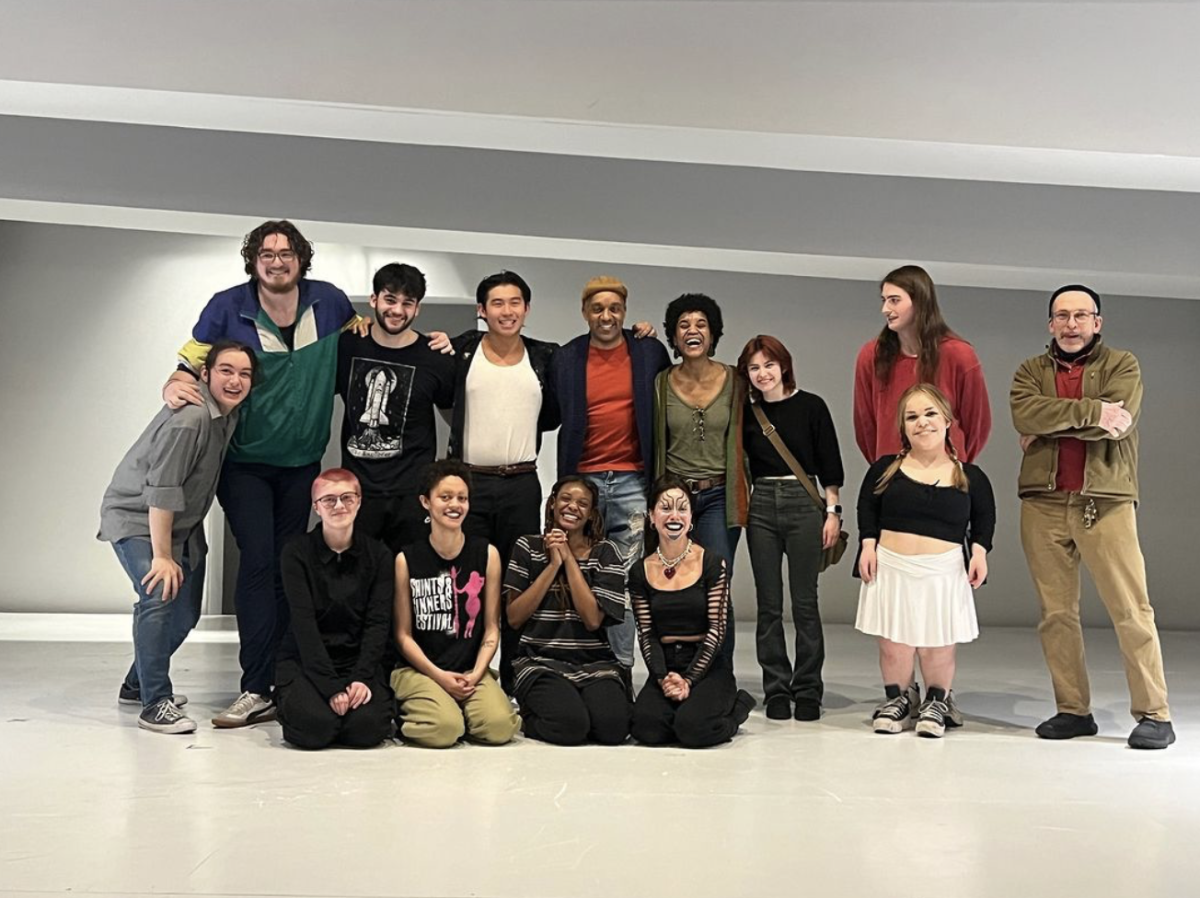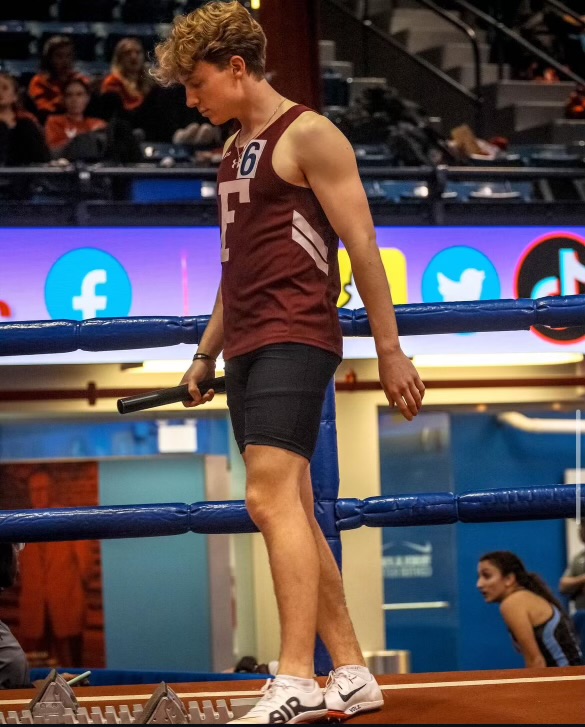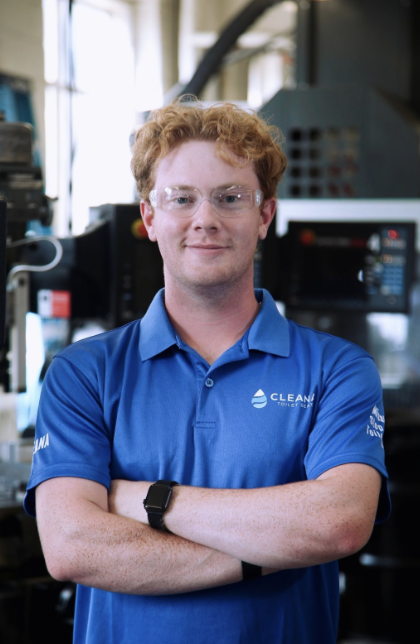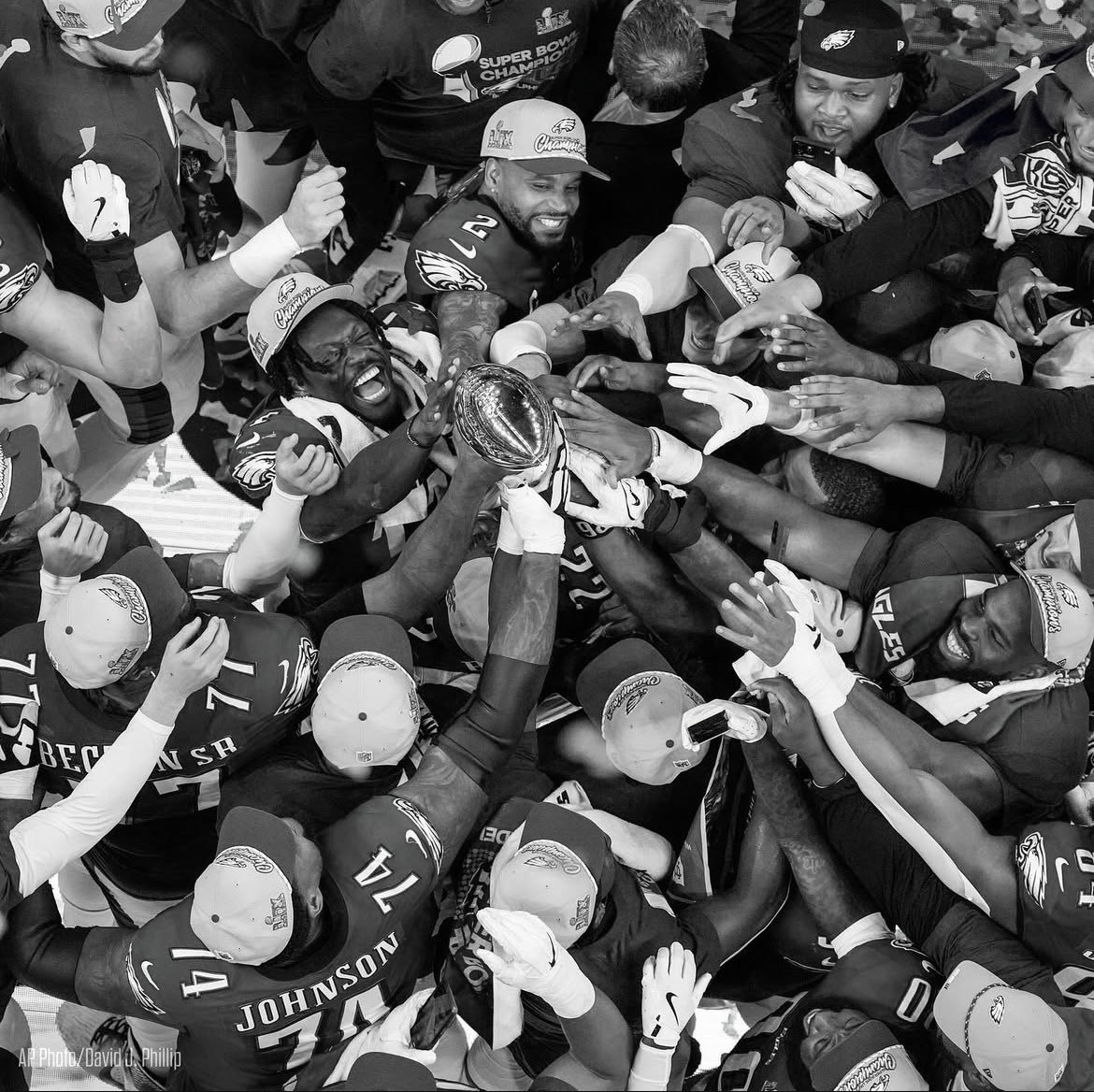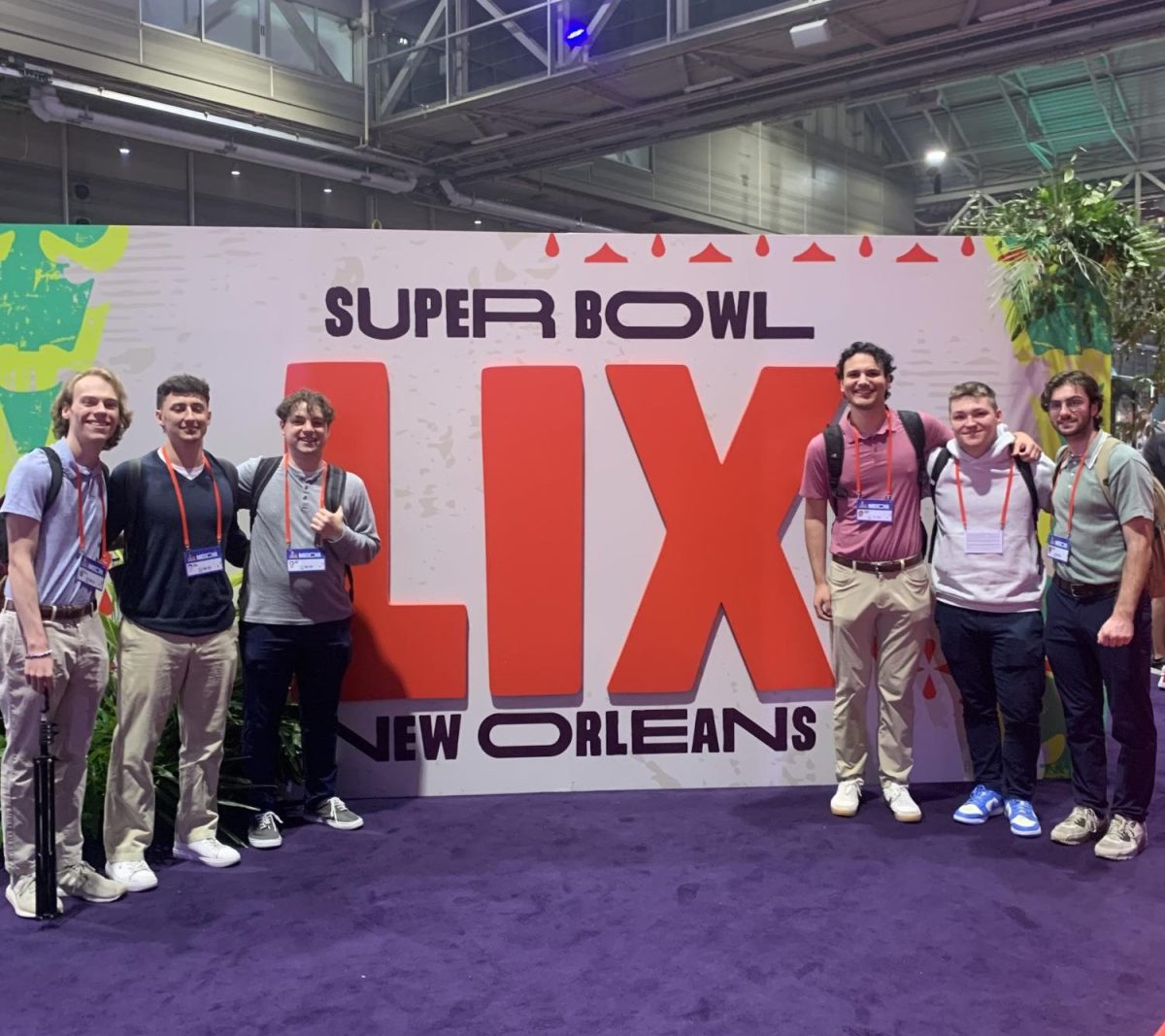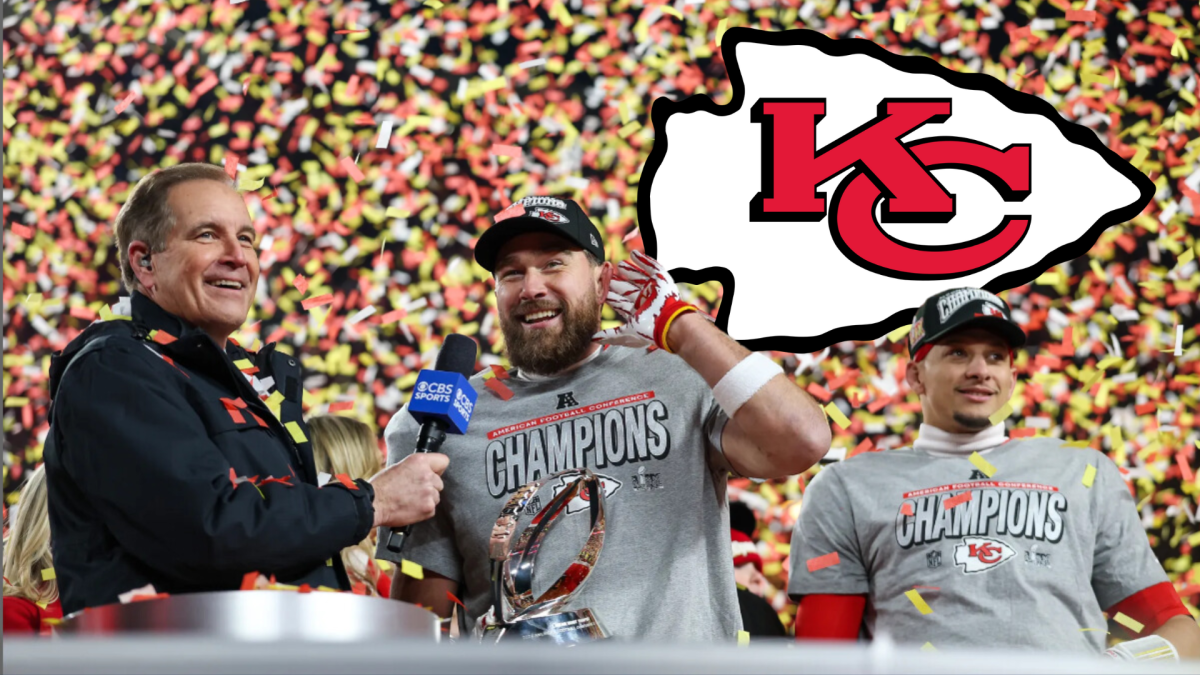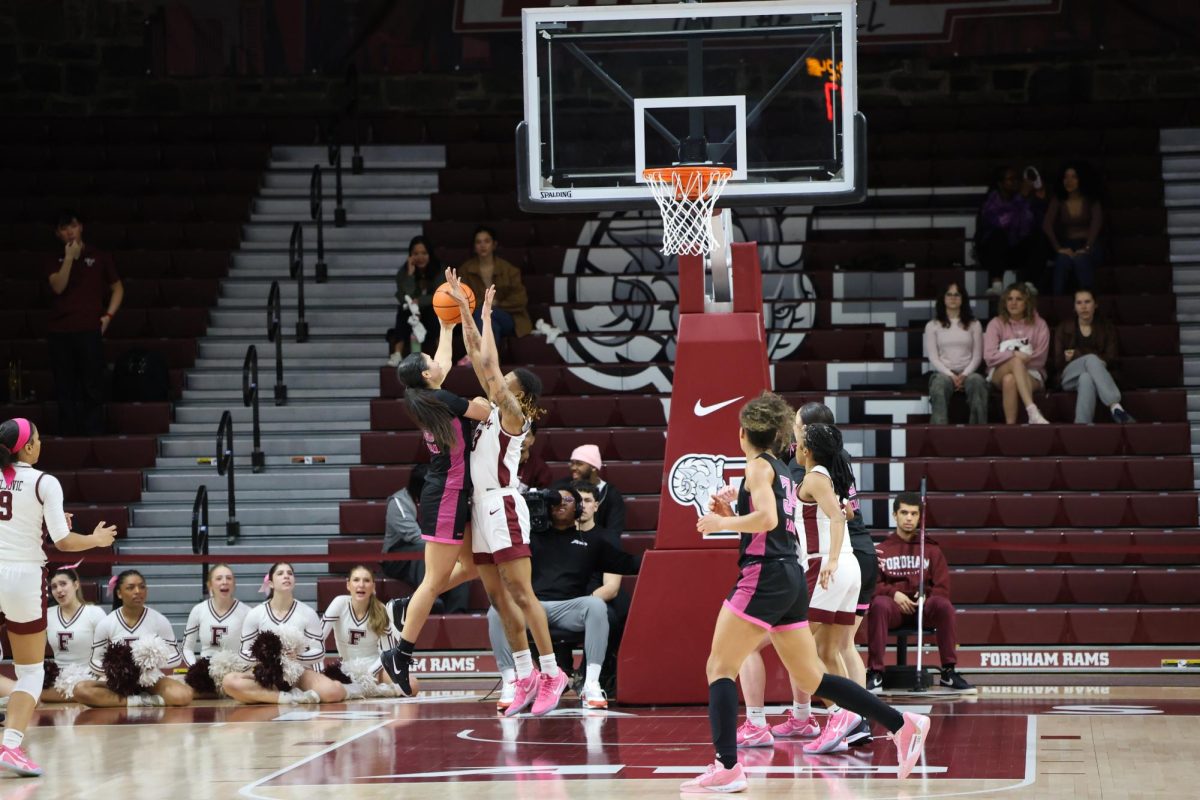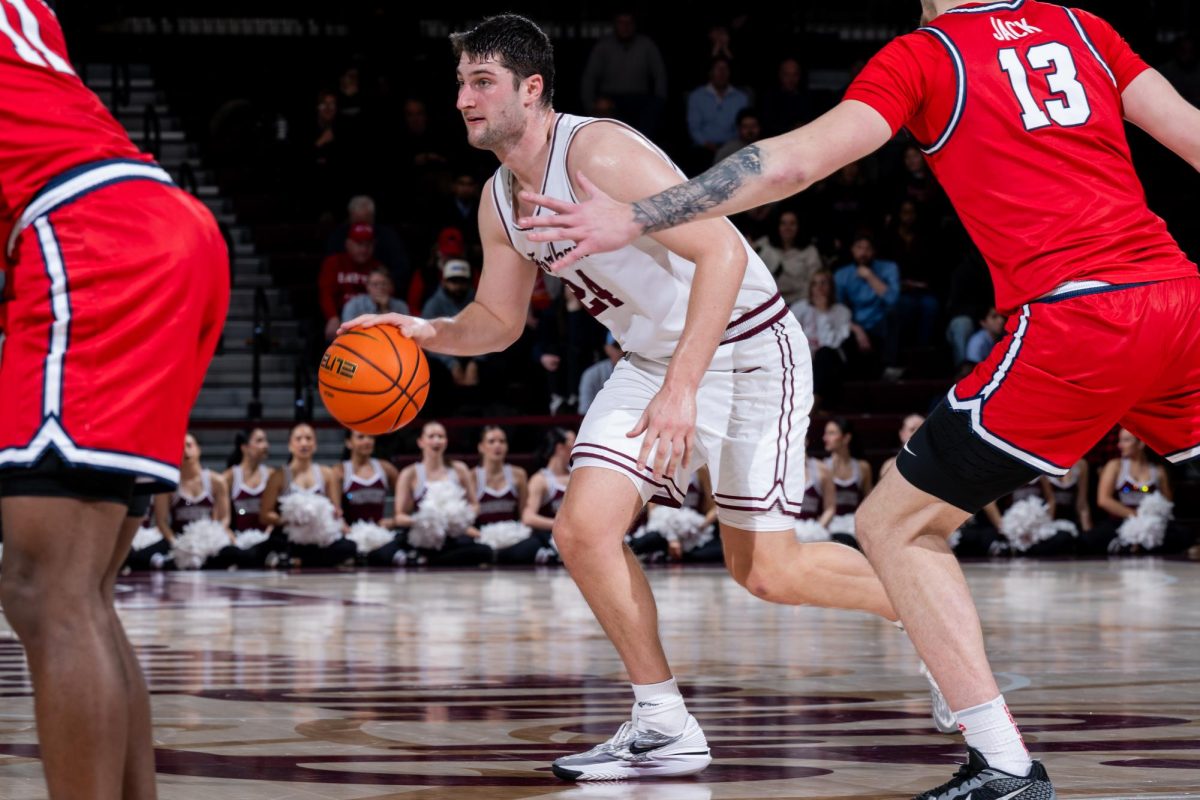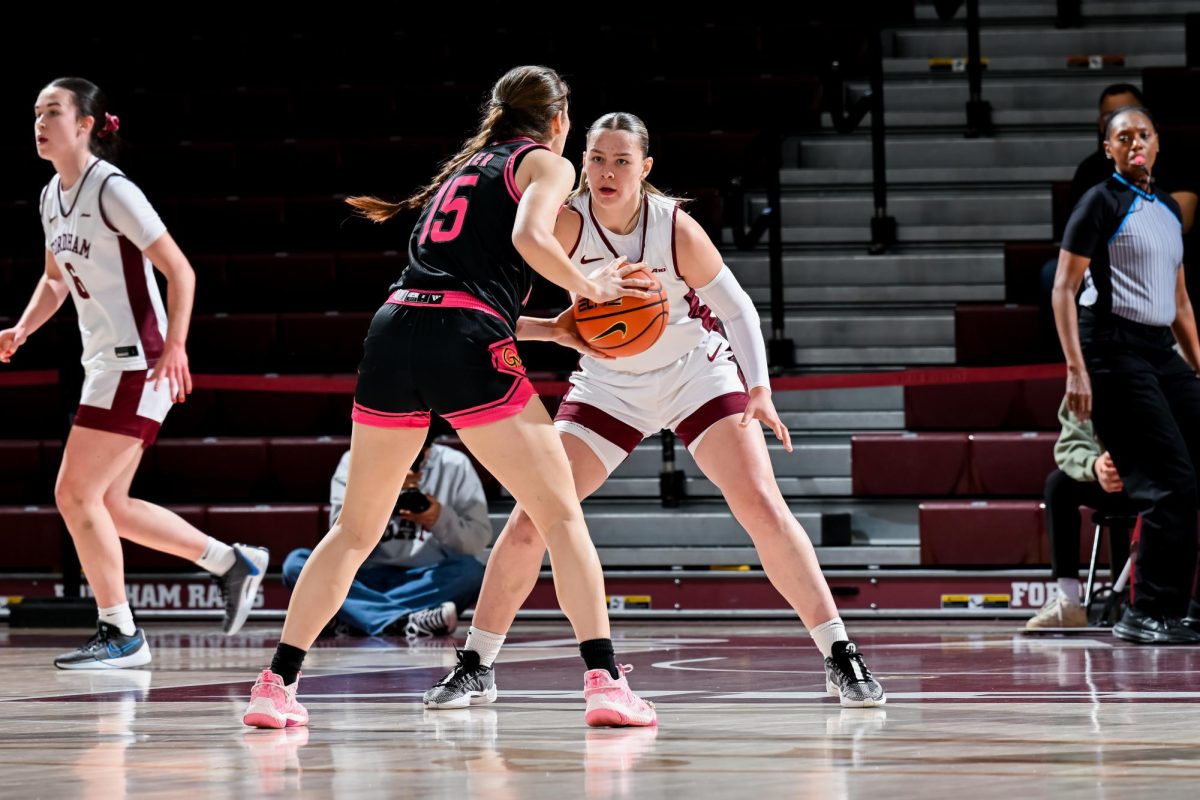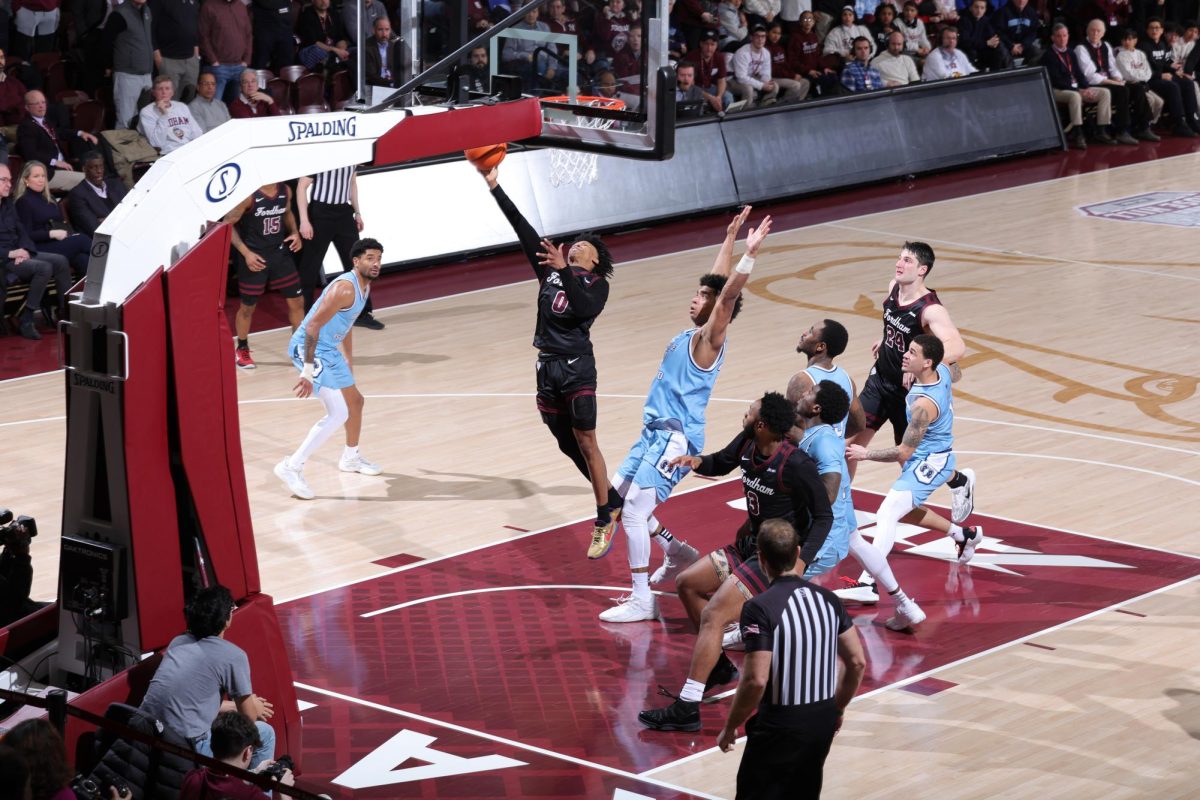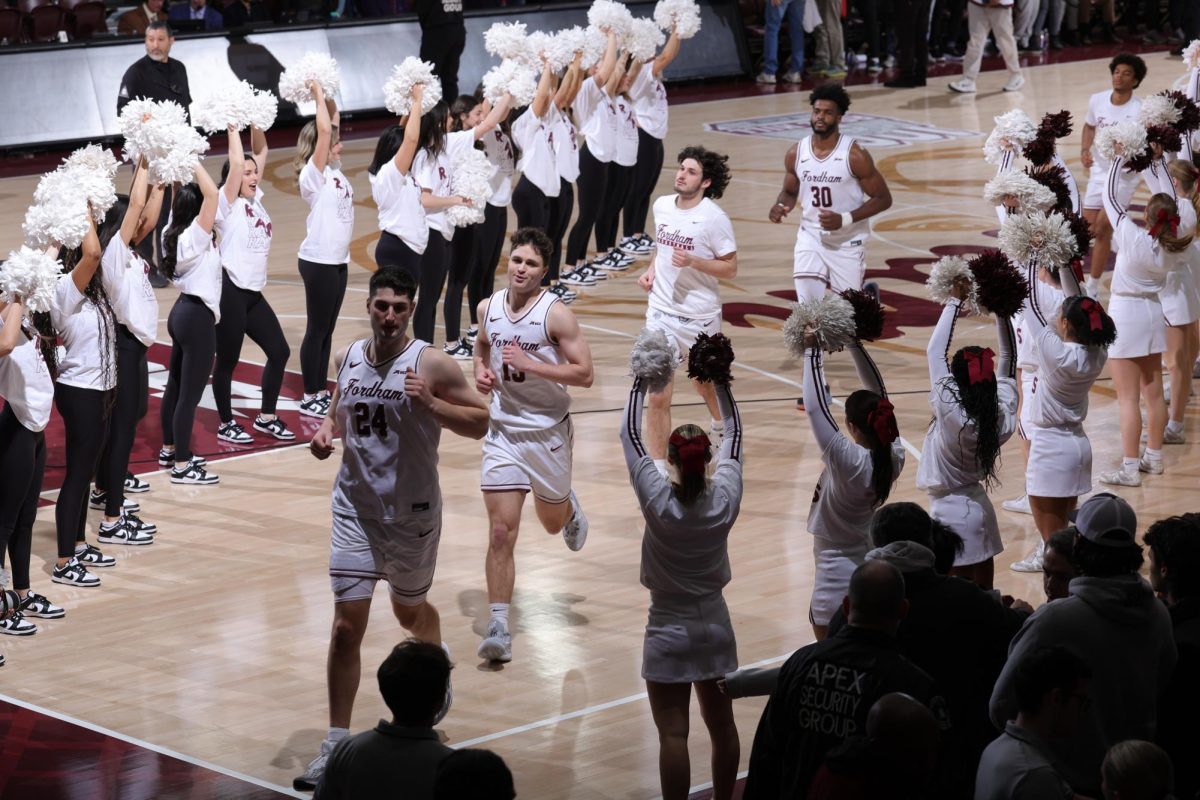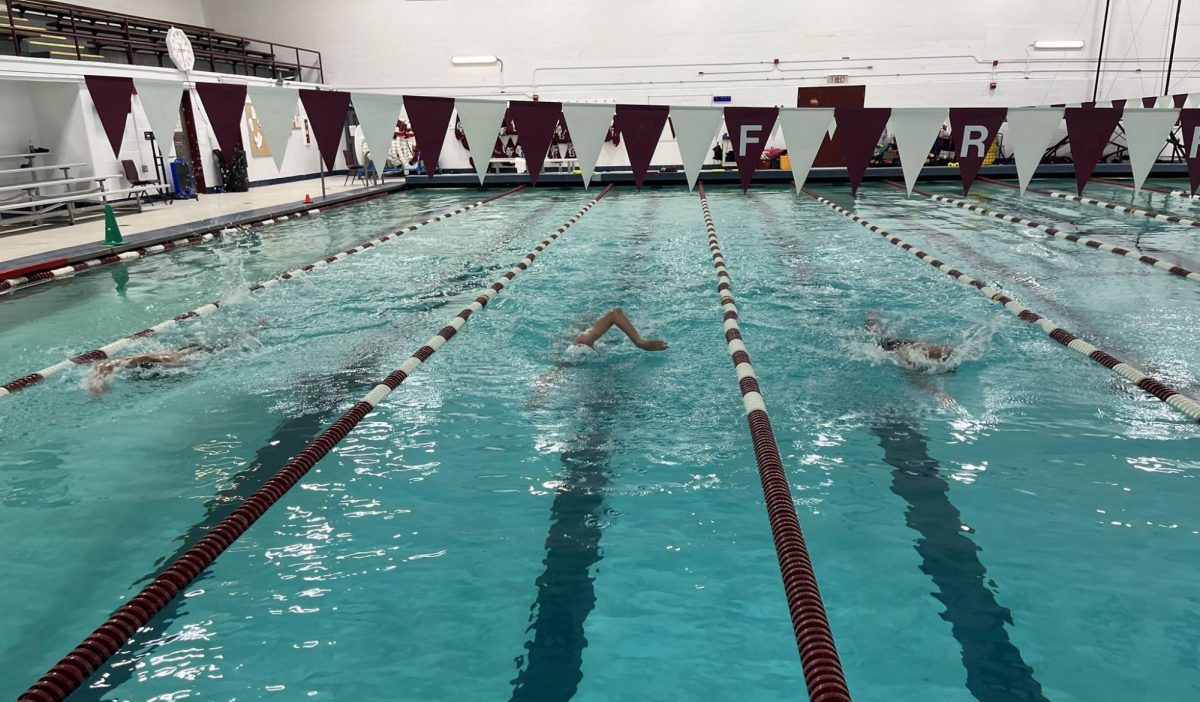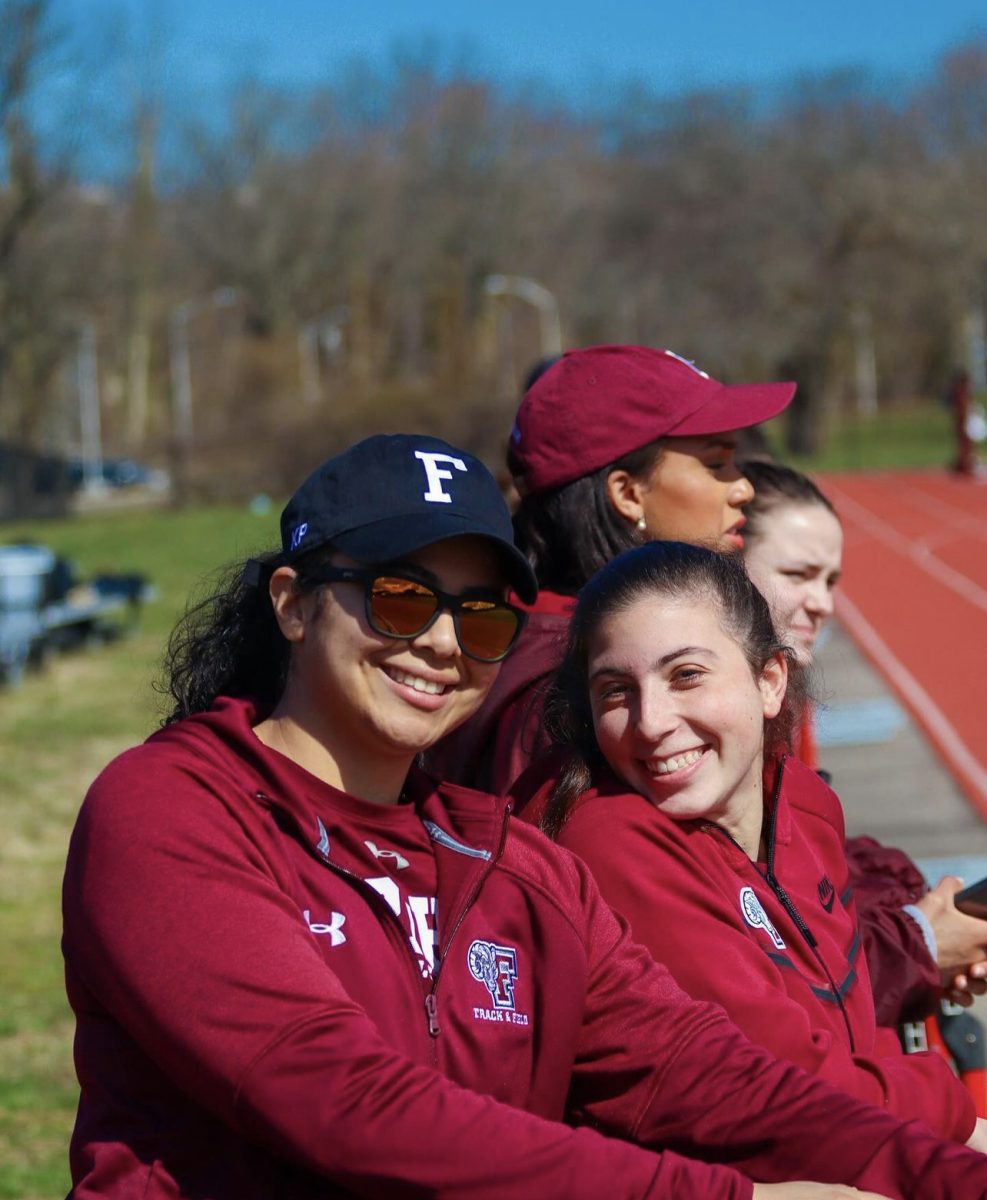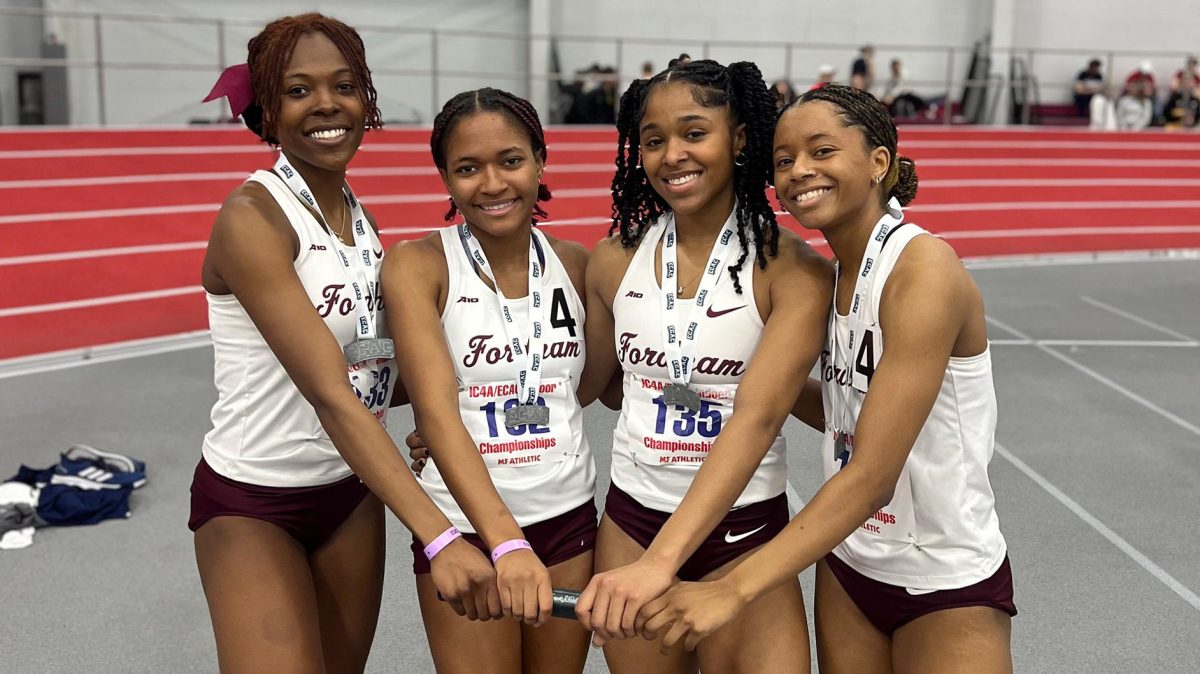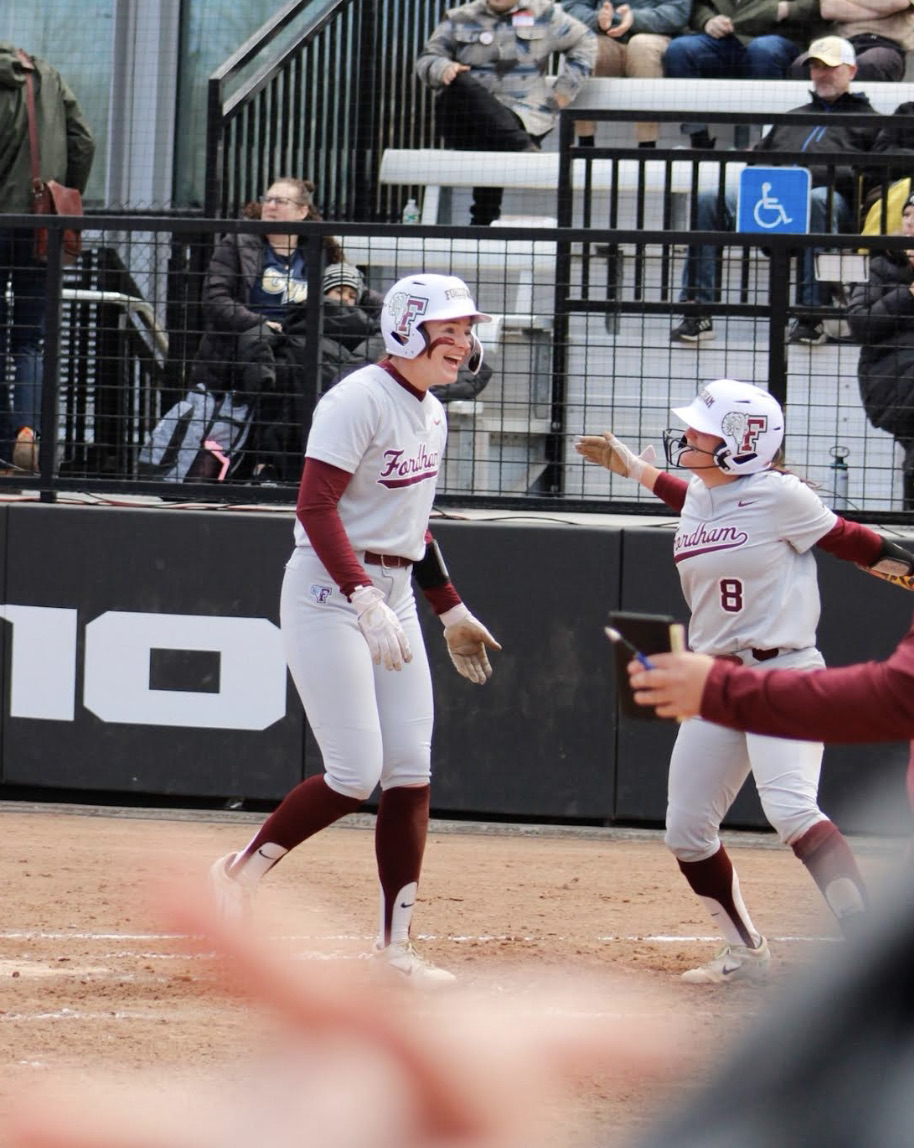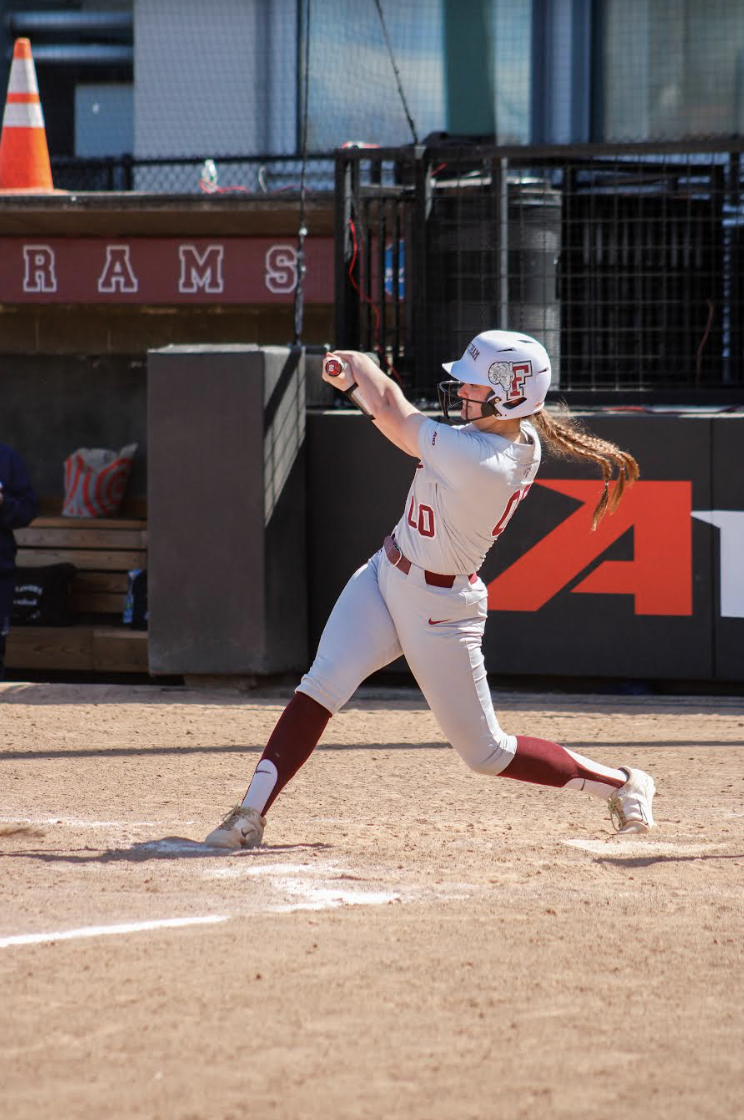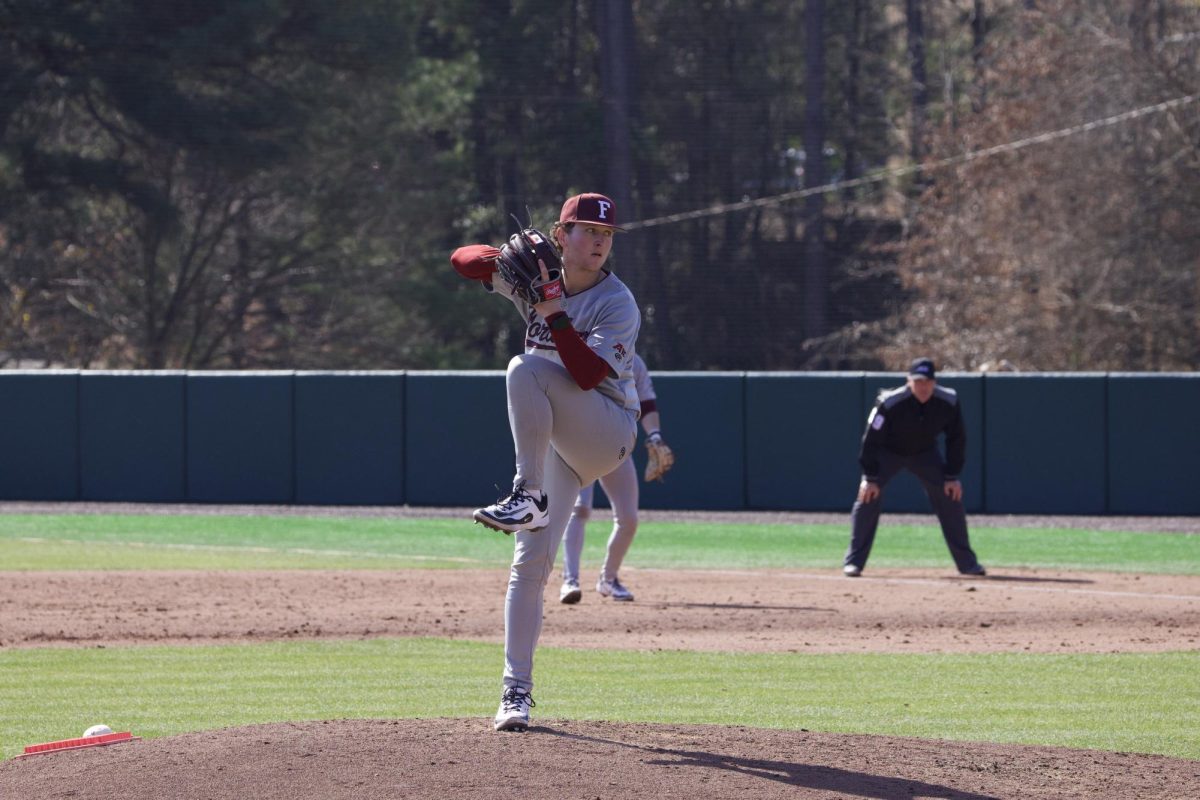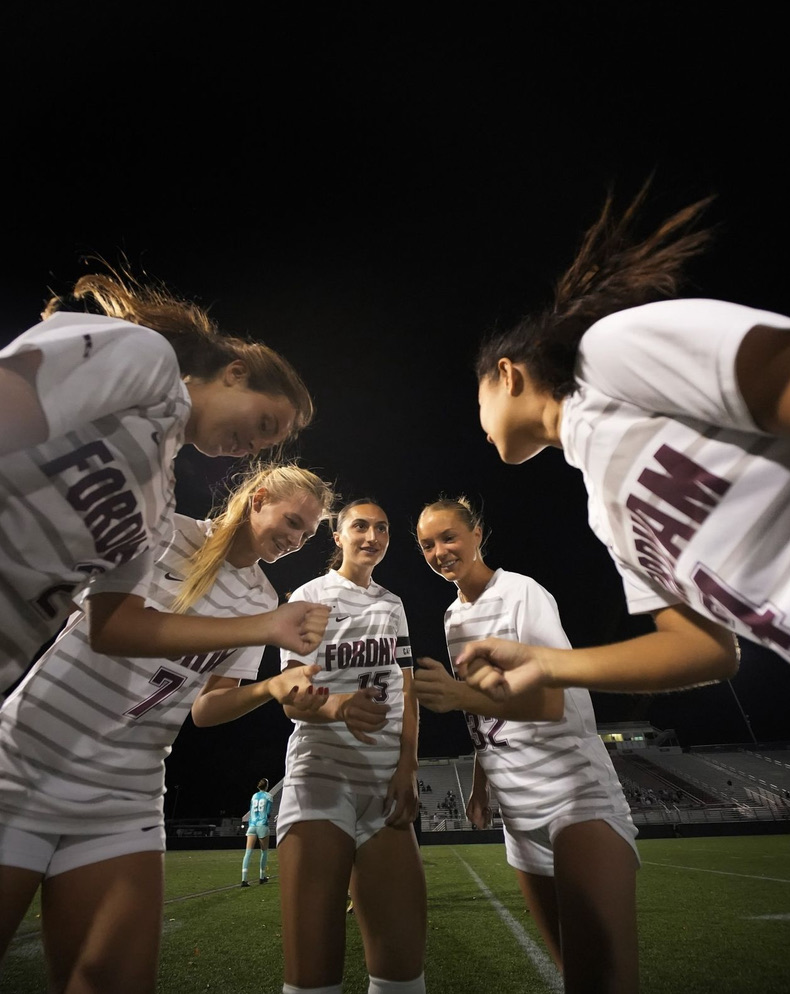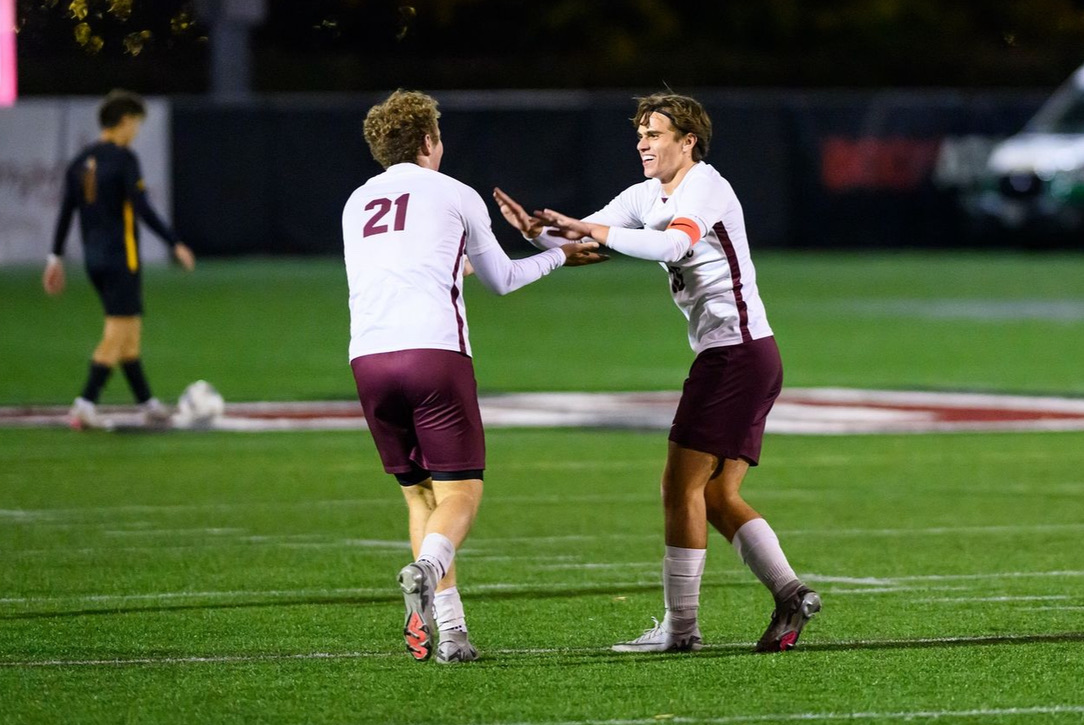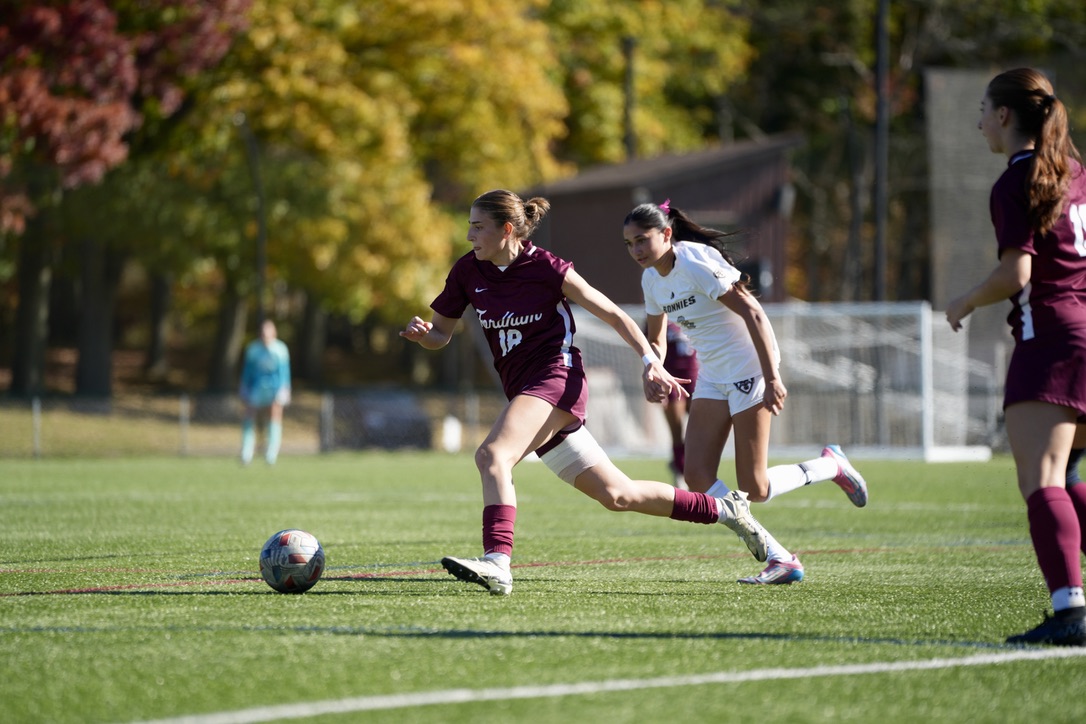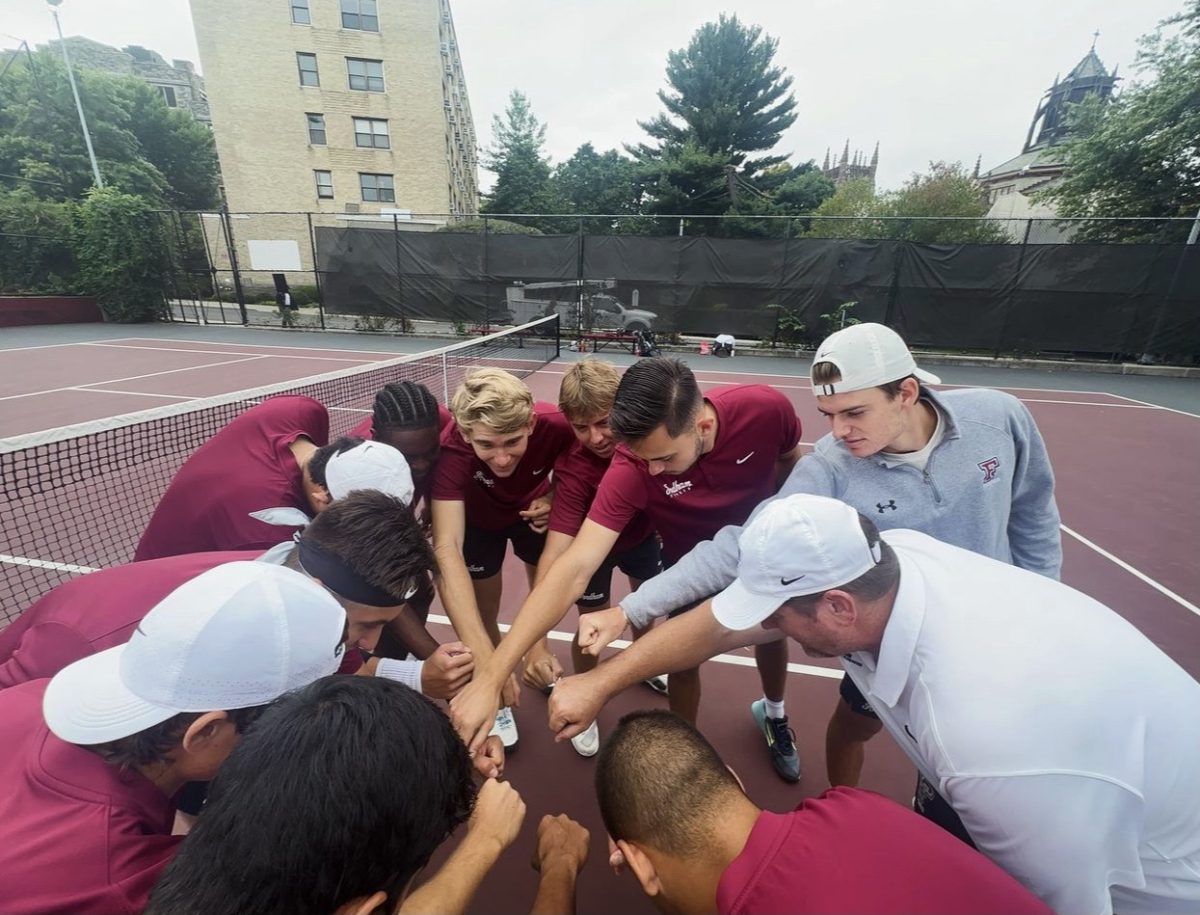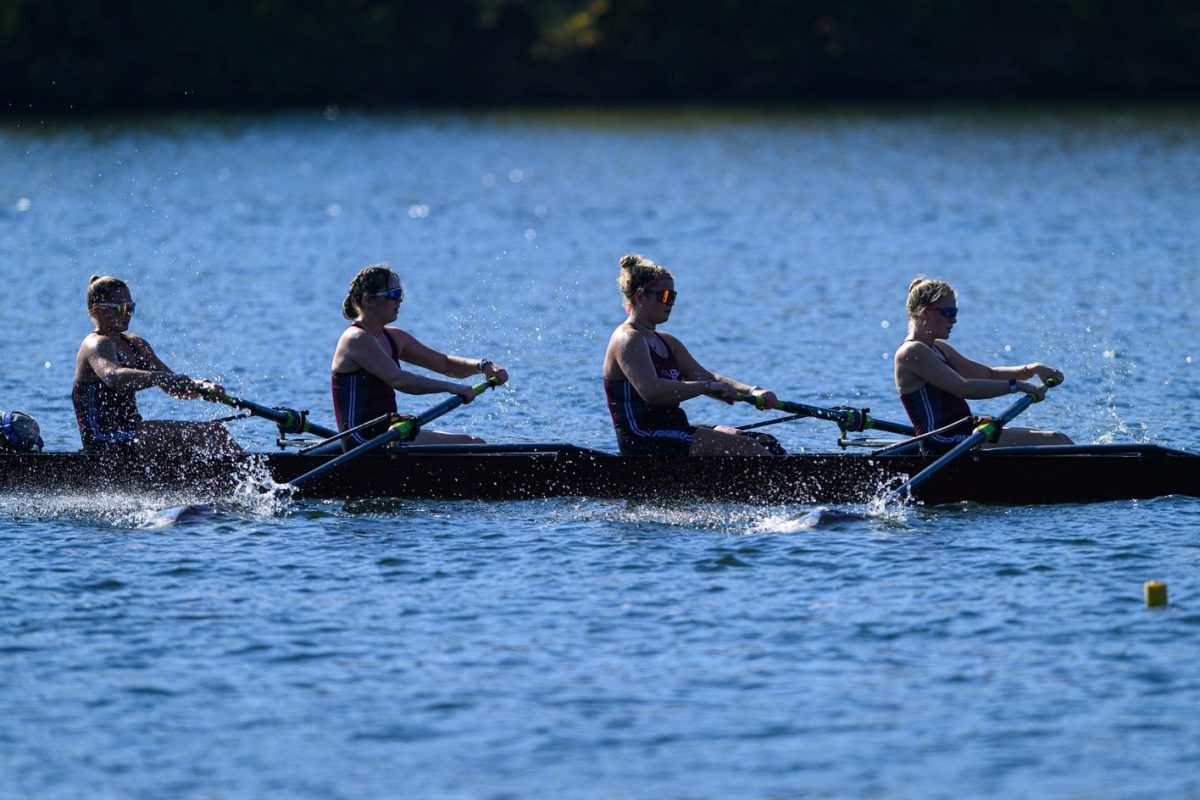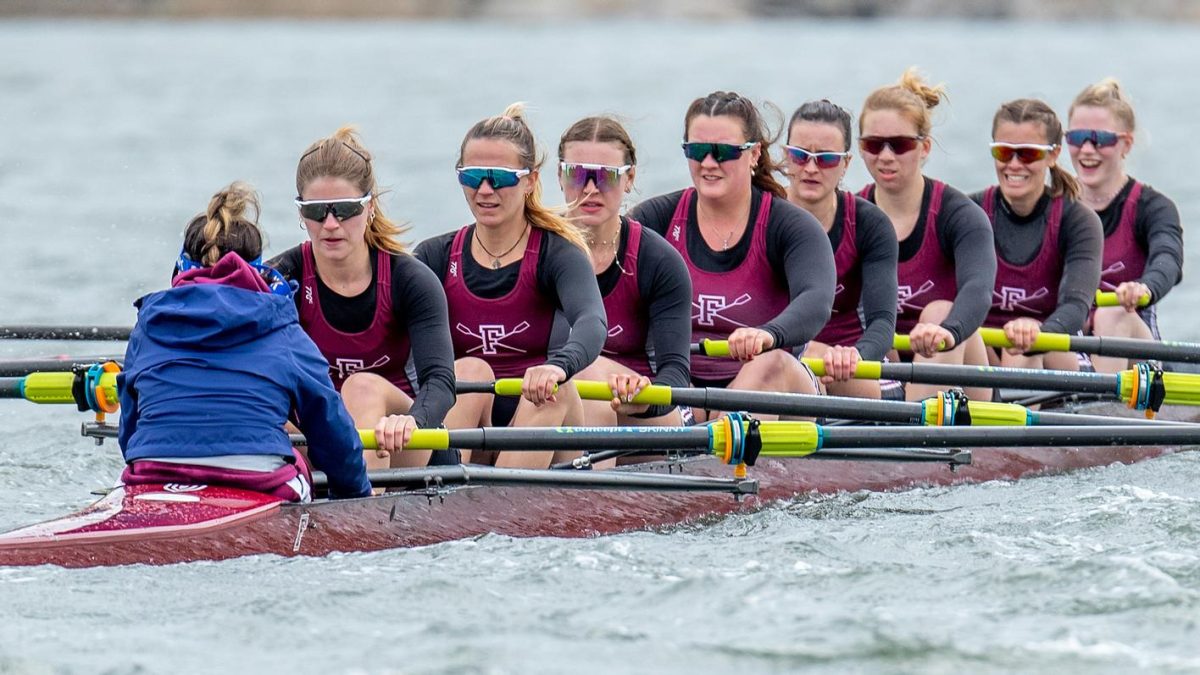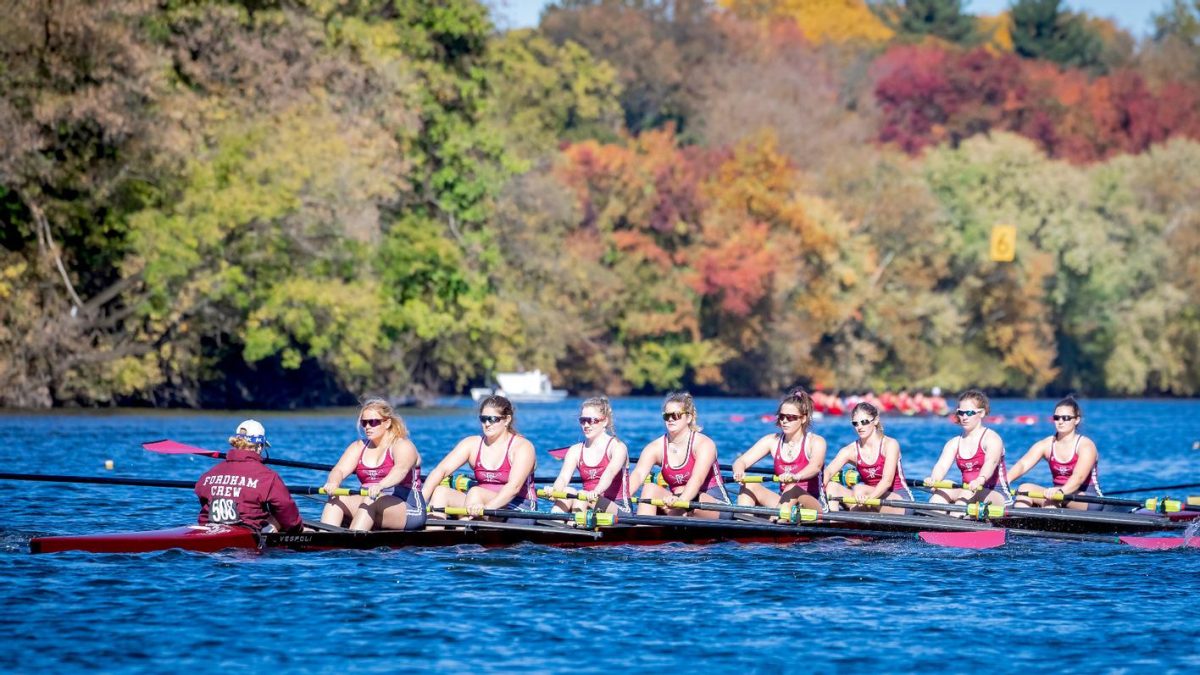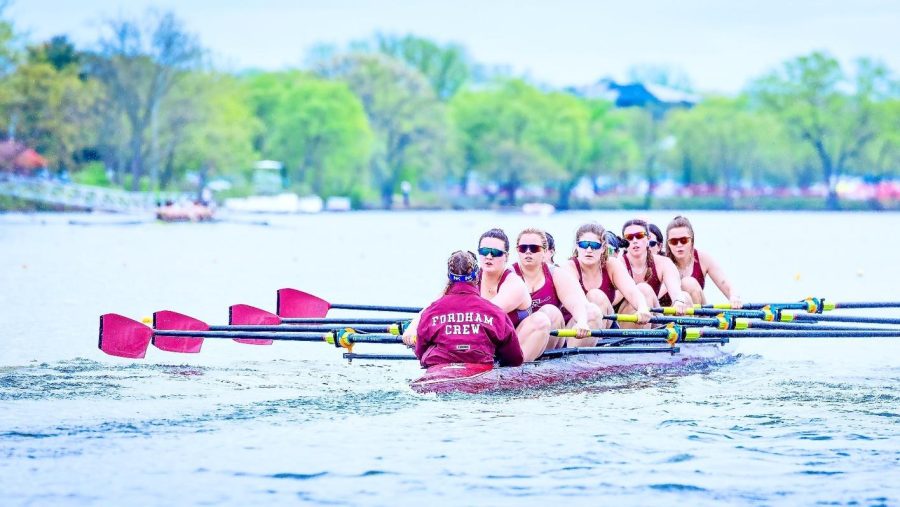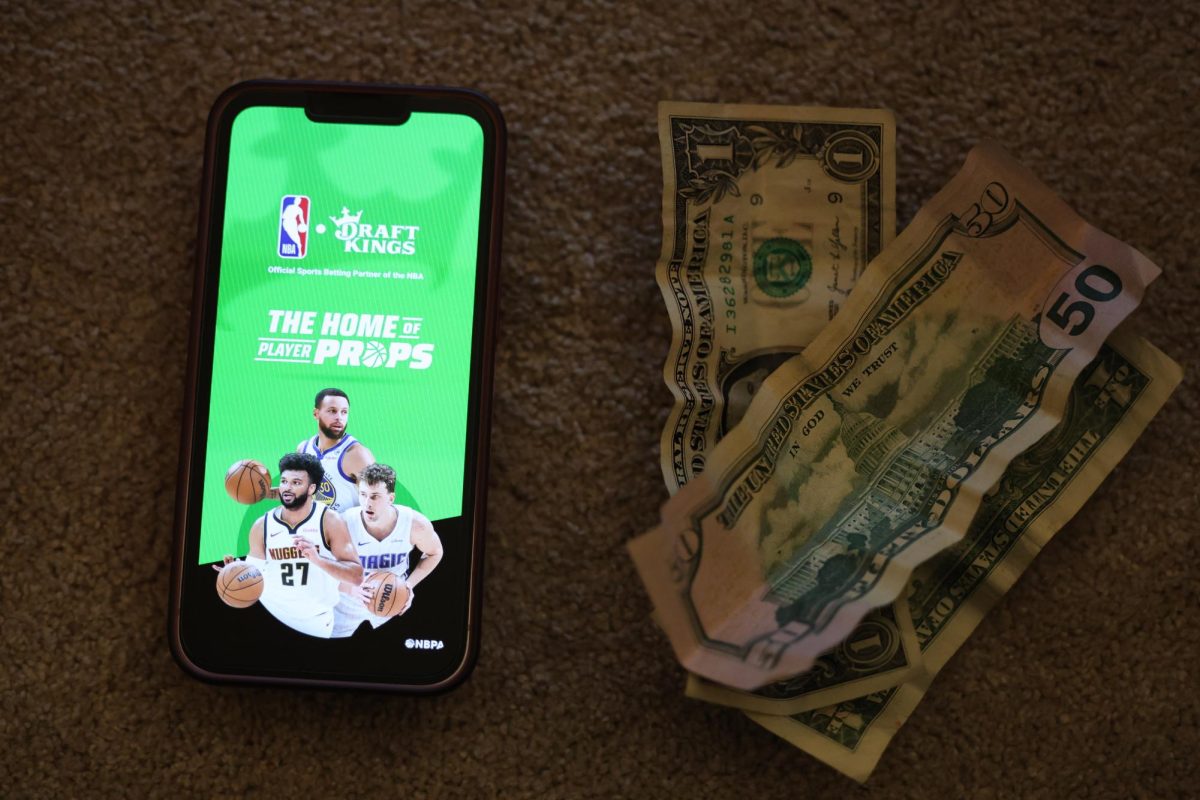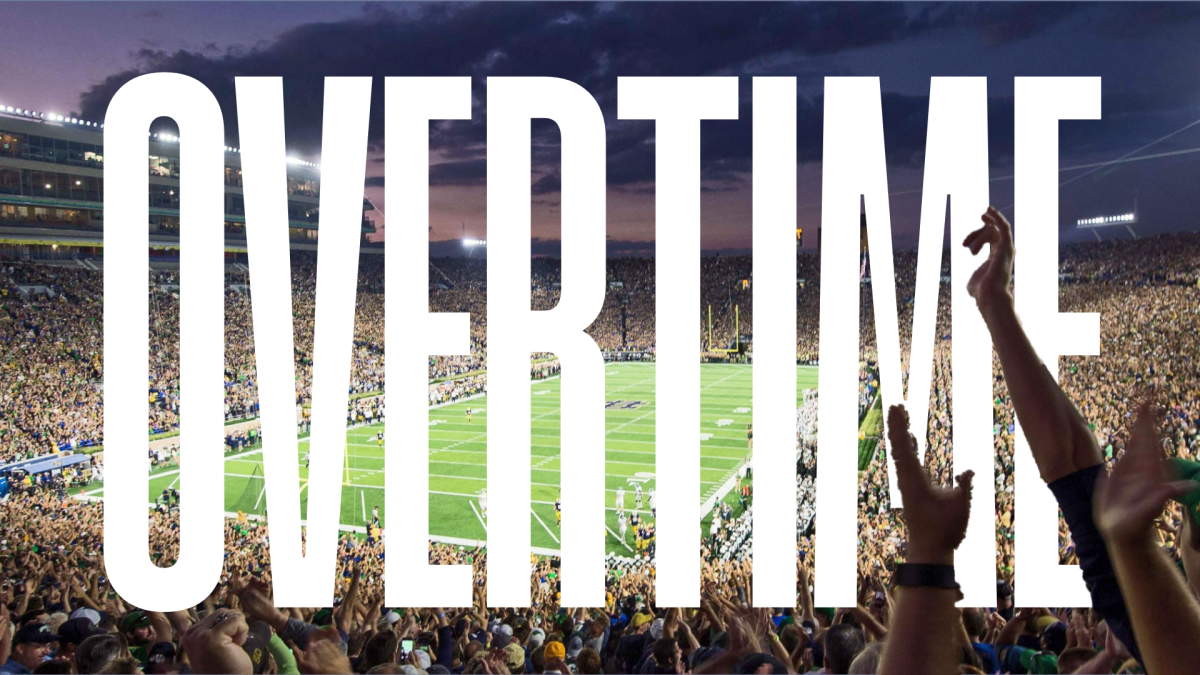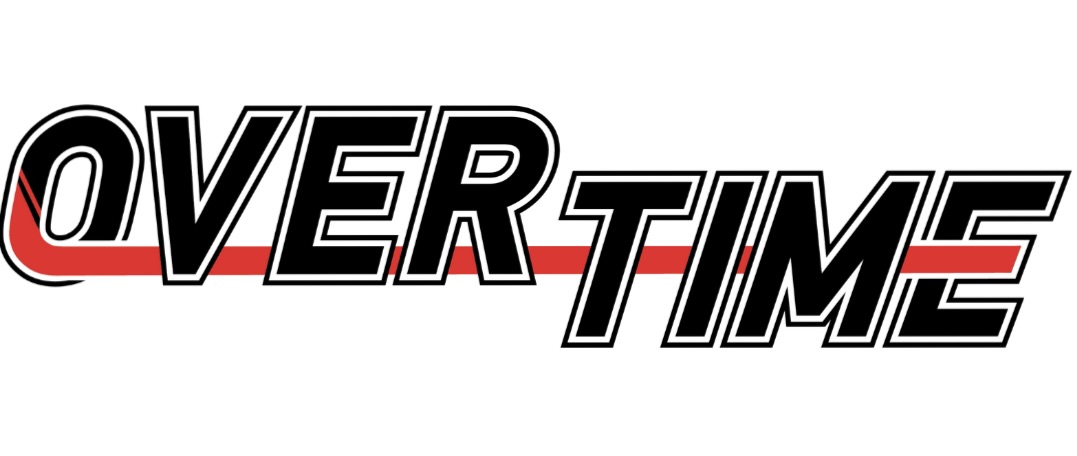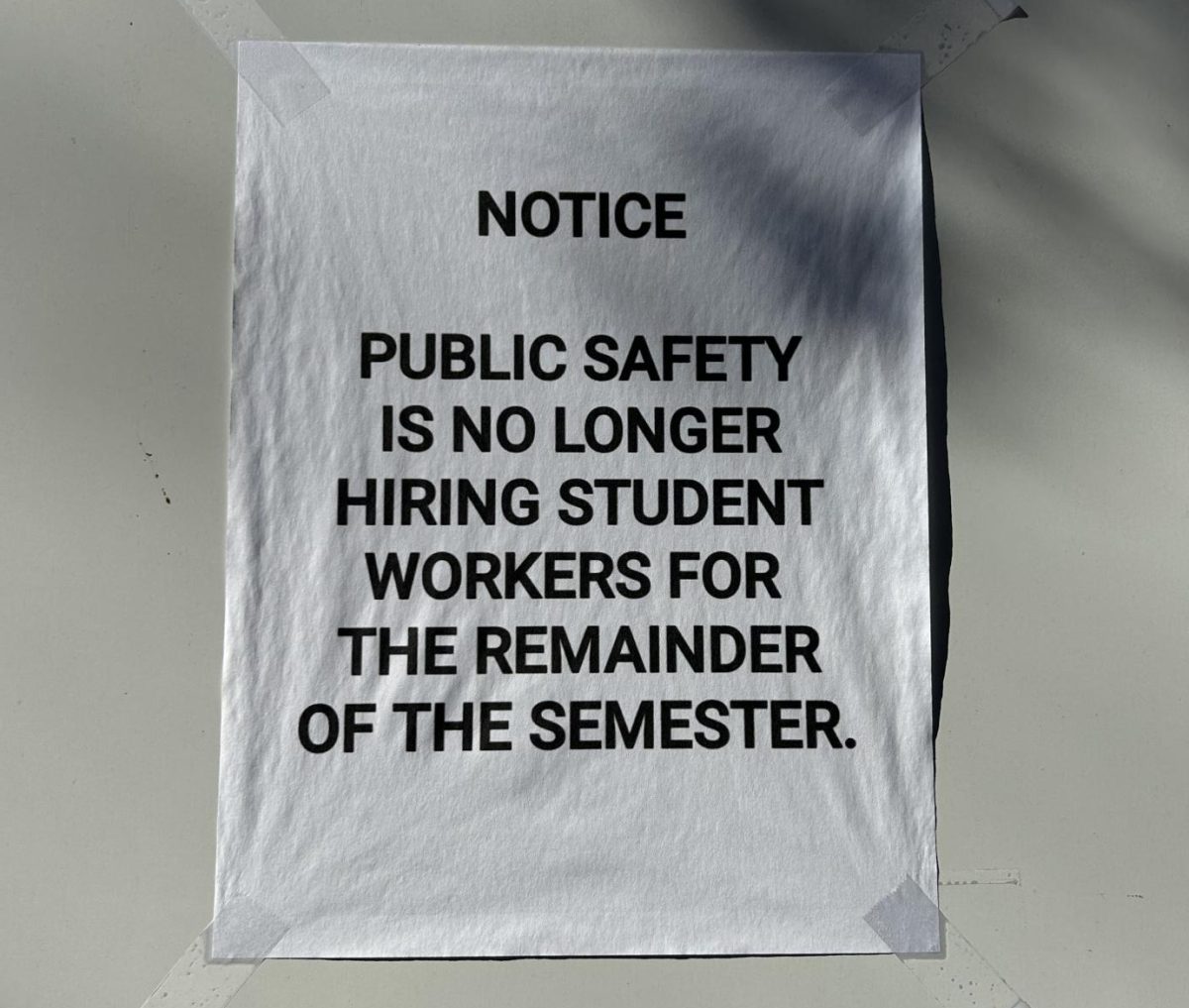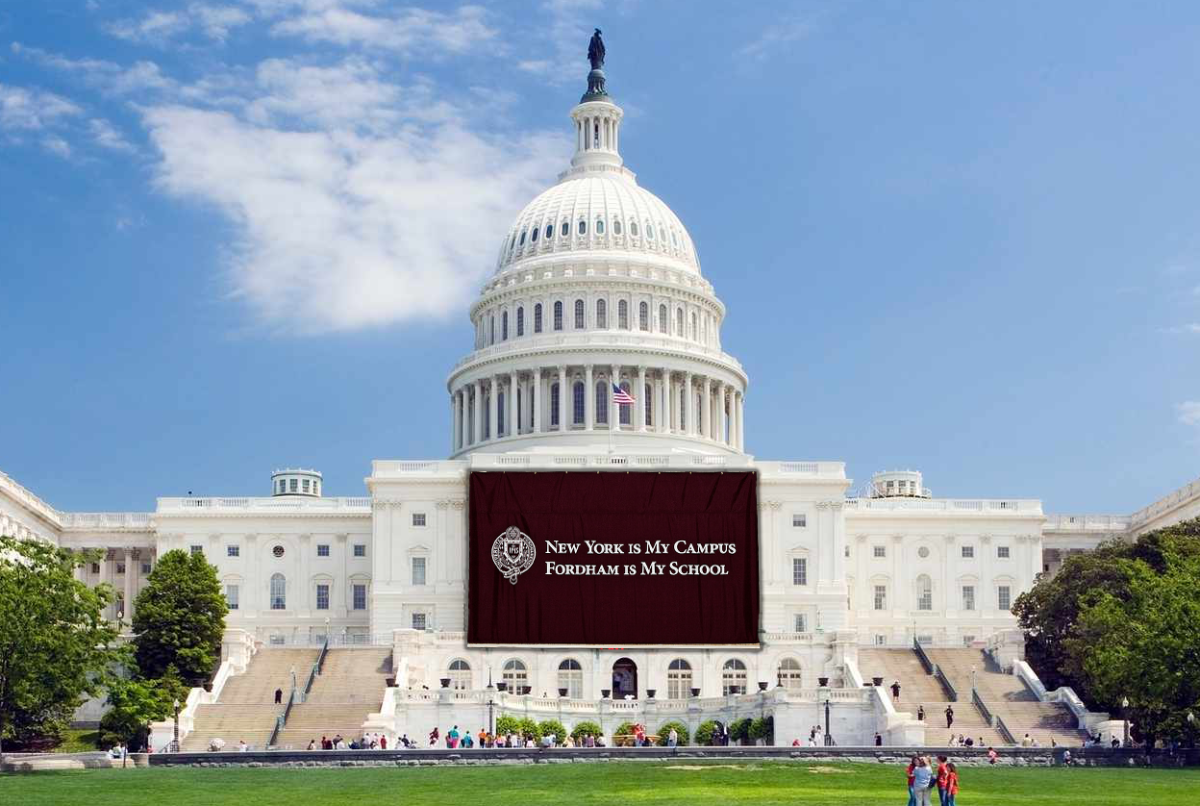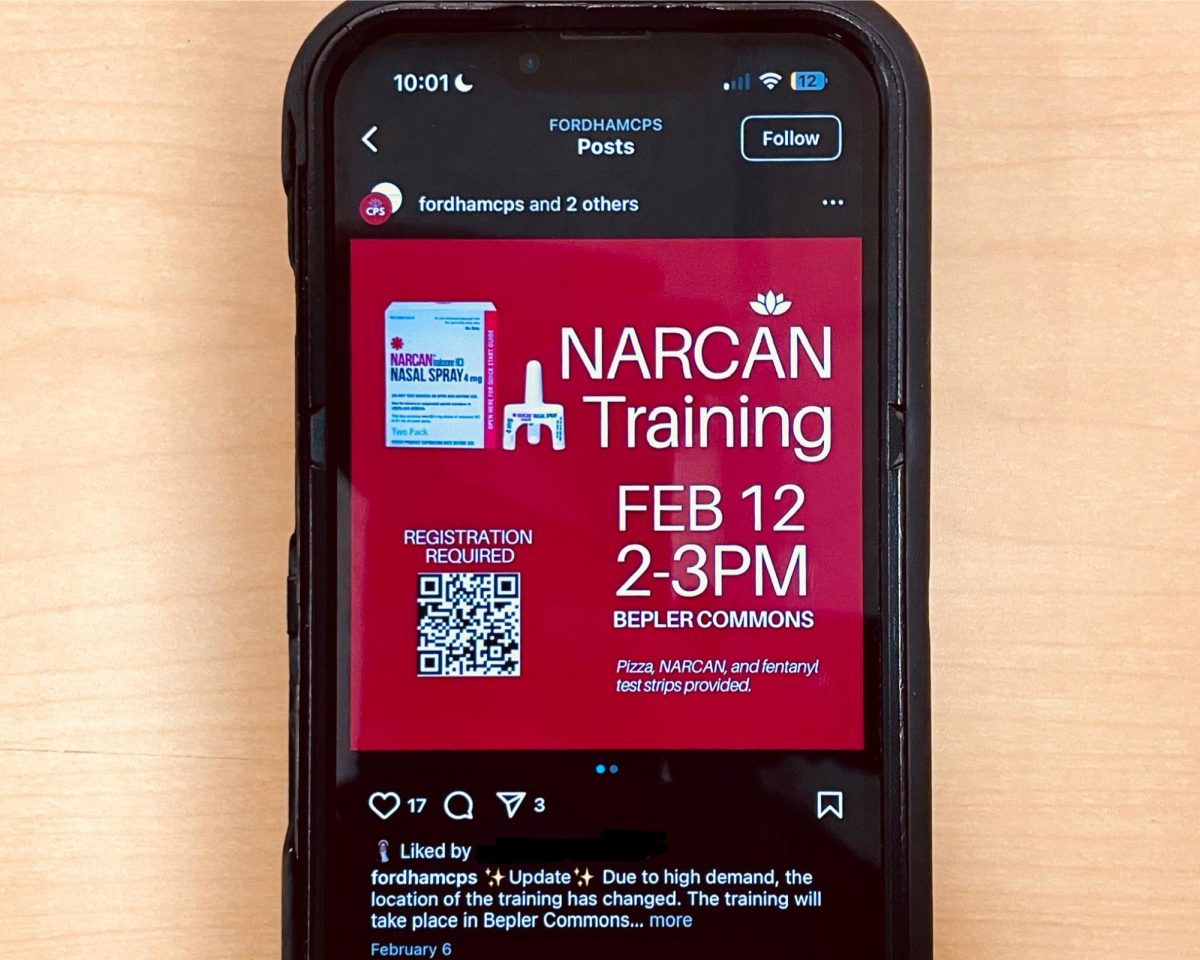The Career Center hosted “Beyond the Club: Turning Skills into Careers Panel” on Thursday, Feb. 11. The panel featured Fordham alumni who shared how they leveraged their club leadership roles in landing job opportunities post-grad.
The event was the first in a two-part collaboration series with the Office for Student Involvement (OSI) regarding club-to-career readiness. It offered a $200 bonus added to the budget of the club with the most members in attendance as an incentive.
The event was organized by Allyson Blatz, the assistant director for student engagement at the Career Center who said that this series is a continuation of a Career Center series from last year with a similar premise called “Clubs to Careers” but that this year’s series is different in several ways. Blatz has worked to make the event feel more interactive and applicable to students, including alumni panelists who shared real-world examples of how they utilized their club experiences in their job hunts.
“We’re bringing in people who are actually using their club experiences to get jobs and can teach you all how you could effectively communicate that when you’re on the internship and job search,” said Blatz.
The panel featured five former executive board members of various clubs, including the former president of the Middle Eastern Student Association Jessica Long, GSB ’24, former executive board member of Fashion for Philanthropy and ASILI Karen Brifu, FCRH ’08, former member of Commuter Student Services Patrick Infurna, FCRH ’20, founder and former president of Humanities Student Ambassadors Marianna Apazidis, FCRH ’24, and former member of the Italian Club and former vice chair of the United Student Government (USG) Dining Committee Frank LaGumina, GSB ’20.
The panelists discussed several ways that being in clubs during their time at Fordham had been beneficial to landing a job post-grad. Being in clubs developed their time management, and conflict resolution skills while contributing to becoming a more well-rounded person overall.
On collaboration and teamwork learned through clubs, Apazidis said, “When I’m collaborating with my team for my job, I find myself tapping into the patient adaptability that I’ve honed from my time at Fordham. Every time you need to compromise with your executive board, remember that moment. Moments like that will resurface in new ways throughout your career.”
Most of the clubs that the panelists were involved in had little to no similarities to the careers they ended up choosing, however, the skills that they learned were transferable to their current roles, and being in clubs allowed them to develop their passions.
“Speaking from my experience, interviewers can tell when you’re passionate about something. That passion shows personality, and personality can go a lot farther than you might think in your career” said Apazidis.
The panelists also frequently highlighted to the students in the audience that being an active member of a club can be just as effective on a resume or interview as being an executive board member. Having responsibilities in a club role can translate to real-life experiences.
According to Blatz, many students who come to the Career Center undervalue their club experiences and don’t realize how important the work they’re doing in a club can be. She also recommends that students keep a journal of all the club responsibilities they have. This sentiment was echoed by the panelists on the importance of not undermining the work they accomplished during their time at Fordham.
The next event in the Beyond the Club series “Building a Resume that Speaks” will be on Feb. 20. It will be a resume workshop on how to strategically tailor your club experience to your resume.

